
| Title: | “Neighbourhood First” Policy Recalibration: Potential of Stronger Indian Ties with Nepal and Sri Lanka |
| Author/s: | Swagato Ganguly |
| Abstract: | India has legitimate security concerns in near-abroad nations such as Nepal and Sri Lanka. Adjusting its policy towards these countries by treating them as full-fledged sovereign nations rather than as constituent parts of its ‘backyard’ would better serve New Delhi’s strategic interests. |
| Date: | 29 December 2021 |
| Read More |
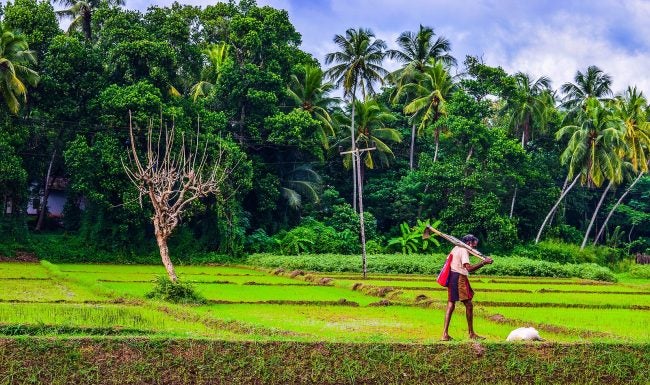
| Title: | Sri Lanka-China Organic Fertiliser Spat: Reflections |
| Author/s: | Chulanee Attanayake |
| Abstract: | On 14 December 2021, the Sri Lankan government announced that it had decided to pay a whopping US$6.4 million (S$8.7 million) to a Chinese fertiliser company that had shipped a disputed fertiliser consignment to Colombo. While the incident provides insights into the Sri Lankan government’s failed policymaking, it also sheds light on the plight of a small state in dealing with powerful countries in resolving diplomatic issues. |
| Date: | 27 December 2021 |
| Read More |
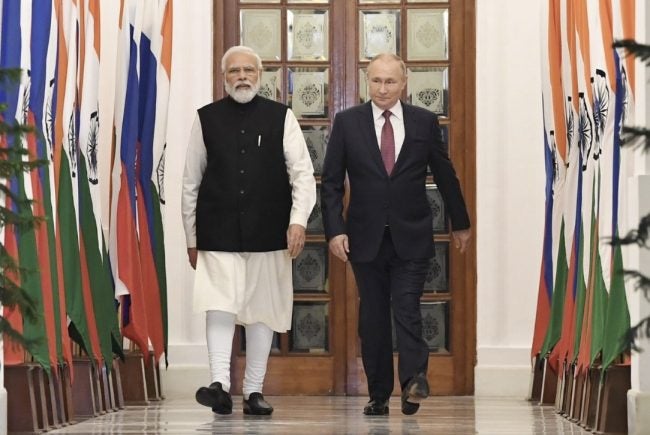
| Title: | India-Russia Summit: Implications for the Indo-Pacific Region |
| Author/s: | Aleksei Zakharov |
| Abstract: | The long overdue meeting between the leaders of India and Russia was badly needed to assuage concerns about the slow progress in bilateral ties, but even more importantly, as a demonstration of both states’ commitment to preserving strategic autonomy amid a continuing geopolitical churn in the Indo-Pacific region and their rapprochements with each other’s rivals – China and the United States. |
| Date: | 16 December 2021 |
| Read More |

| Title: | The Killing of the Sri Lankan Worker: A Growing Culture of Impunity in Pakistan |
| Author/s: | Vinay Kaura |
| Abstract: | The brutal killing of a Sri Lankan worker in Pakistan has once again exposed the arbitrary and extrajudicial application of anti-blasphemy laws and the associated rise in Islamic fundamentalism in Pakistan. The mainstream political class and the all-powerful army have done little to mitigate the adverse effects of creeping popularity of radical Islamist parties among the masses. |
| Date: | 13 December 2021 |
| Read More |
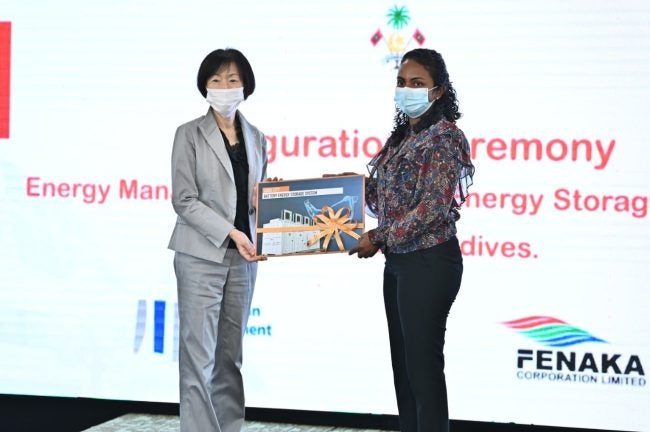
| Title: | Rising Sea Levels: Threat for the Maldives |
| Author/s: | Amit Ranjan |
| Abstract: | The Maldives faces an existential threat due to climate change. To deal with this environmental emergency, the Maldivian government has taken several measures. However, the island country’s future depends on the commitment of toxic gas emitting countries cutting down their greenhouse gas emissions. |
| Date: | 8 December 2021 |
| Read More |
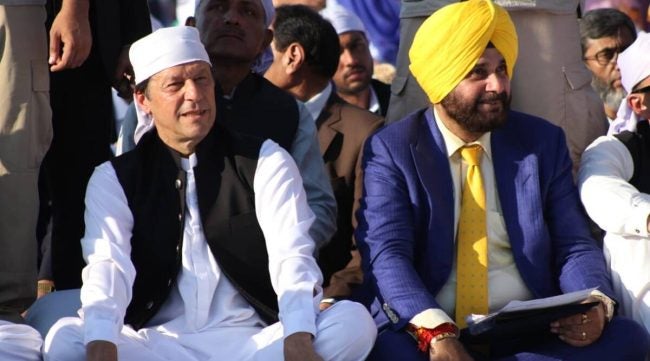
| Title: | Reopening the Kartarpur Corridor: Tangible Benefits for Indo-Pak Ties |
| Author/s: | Zahid Shahab Ahmed |
| Abstract: | Considering that the India-Pakistan relationship has faced multiple challenges in recent years, the two sides recently agreeing to re-open the Kartarpur corridor is a positive development. |
| Date: | 29 November 2021 |
| Read More |
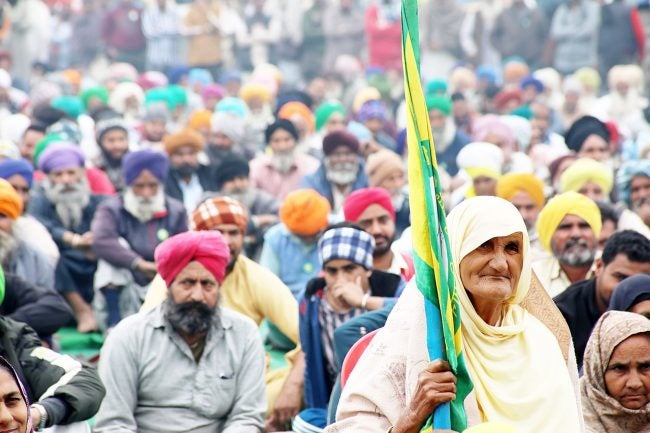
| Title: | Why the Farm Laws were Scrapped: Political Compulsions and More |
| Author/s: | Ronojoy Sen, Diego Maiorano |
| Abstract: | The repeal of the farm laws was a major embarrassment to the Narendra Modi government. While the decision was politically expedient, it highlighted the difficulty of agricultural reform in India. |
| Date: | 29 November 2021 |
| Read More |

| Title: | The Delhi Dialogue on Afghanistan |
| Author/s: | Vinay Kaura |
| Abstract: | By successfully hosting the Third Regional Security Dialogue, New Delhi has sent a clear message that the Taliban regime is a regional security challenge. Notwithstanding the absence of Pakistan and China, the meeting should be seen as India’s way to not only highlight its importance in rebuilding Afghanistan but also its leadership in coordinating a regional effort in the fight against terrorism, radicalism and drug-trafficking. |
| Date: | 24 November 2021 |
| Read More |
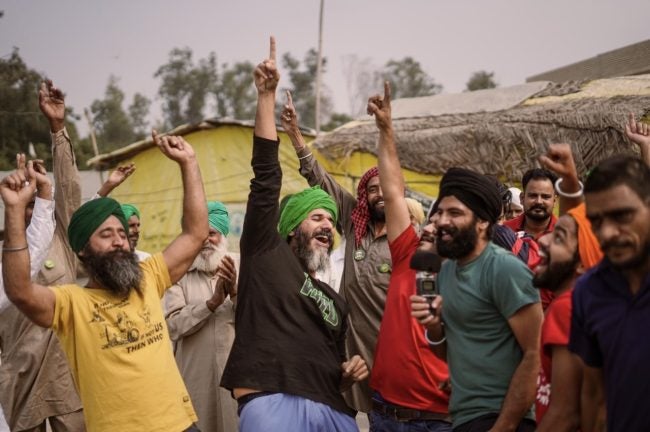
| Title: | India’s Farm Laws: Repealed but Not Discarded |
| Author/s: | Amitendu Palit |
| Abstract: | India will be repealing its controversial farm laws that had led to a year-long farmers’ protests in some parts of the country. The decision reflects the power of organised interest groups to block reforms. The onus of reforming agriculture may now shift to the states. |
| Date: | 22 November 2021 |
| Read More |

| Title: | New Global Tax Rules: Framework to Benefit the South Asian Countries |
| Author/s: | Amitendu Palit |
| Abstract: | So far, 141 countries have agreed to implement the Organisation for Economic Development and Cooperation (OECD)/G20 two-pillar solution to reform global tax rules. From South Asia, India and the Maldives have agreed thus far. The remaining South Asian countries should join the initiative to earn more taxes, commit to the 21st century global business rules and facilitate greater regional economic integration. |
| Date: | 12 November 2021 |
| Read More |
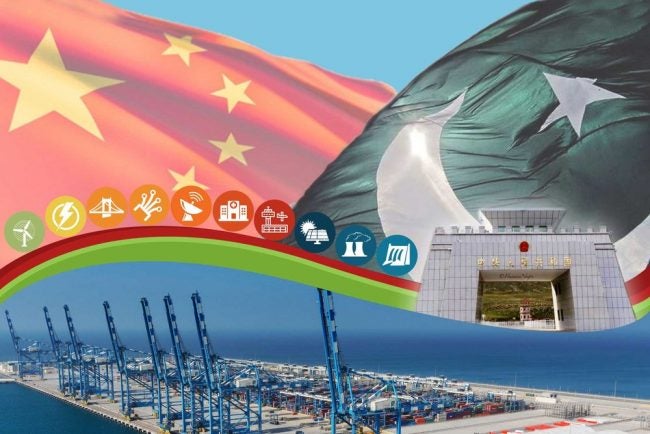
| Title: | Pakistan’s Regional Economic Integration: Challenges and Opportunities |
| Author/s: | Haroon Sharif |
| Abstract: | A paradigm shift in economic and political power in Asia owing to China’s rise offers Pakistan a firm opportunity to maximise its economic prosperity, gain stability and improve human development through enhanced and emerging regional connectivity. In the context, this paper will discuss the myriad potentials and opportunities an economically powerful China offers to Pakistan as well as the region while also highlighting the potential challenges that it poses to Pakistan’s regional economic integration. |
| Date: | 3 November 2021 |
| Read More |
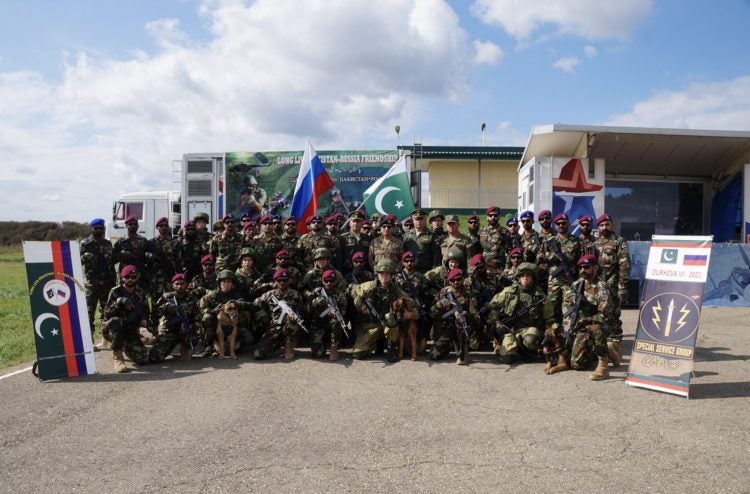
| Title: | Pakistan-Russia: Moving Forward to Better Ties |
| Author/s: | Ayesha Siddiqa |
| Abstract: | The third Pakistan-Russia Military Joint Consultative Committee meeting in September 2021 is part of a series of bilateral discussions to reset relations from historic confrontation to strategic cooperation. Islamabad feels the need to diversify relations, especially against the backdrop of the United States’ Indo-Pacific strategy, and with the intent of finding allies closer to home. |
| Date: | 25 October 2021 |
| Read More |

| Title: | Cryptocurrencies in India: Explosive Growth |
| Author/s: | Amitendu Palit |
| Abstract: | India has taken giant strides in trading in cryptocurrencies. Young technology-empowered Indians, bullish on long-term prospects of cryptocurrencies, are fuelling this drive. Upcoming regulations and introduction of a sovereign digital currency will influence future growth. |
| Date: | 25 October 2021 |
| Read More |

| Title: | Militant Rivalries and the Future of Afghanistan |
| Author/s: | Iqbal Singh Sevea |
| Abstract: | The recent attacks by the Islamic State-Khorasan Province in northern Afghanistan raise questions over the Taliban’s ability to control such militant groups. This paper analyses the evolving militant landscape in Afghanistan. |
| Date: | 15 October 2021 |
| Read More |
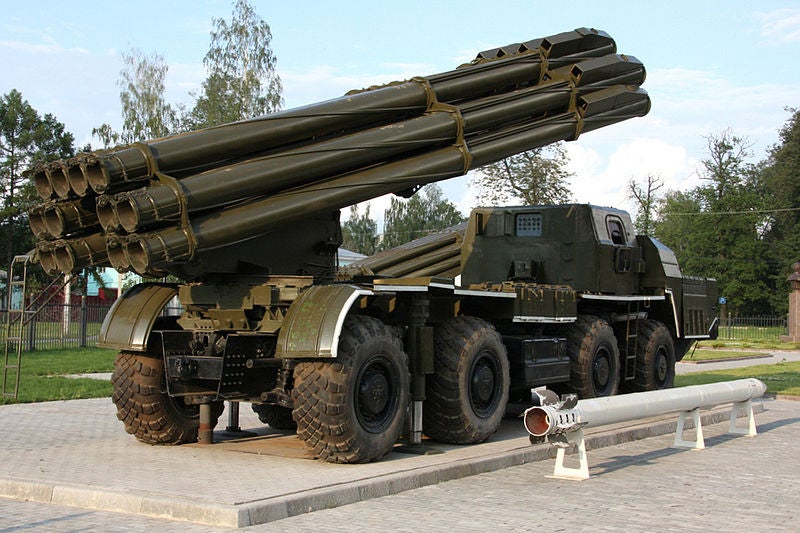
| Title: | Indian Ordnance Factories Corporatised: Increasing Efficiency and Quality |
| Author/s: | Vinod Rai |
| Abstract: | As a part of its Atmanirbhar Bharat (Self-Reliant India) initiative, the Indian government has undertaken a bold reform in dissolving the Ordnance Factory Board (OFB). This was a proposal that was under deliberation for about two decades but eluded success. Despite strong opposition from the employees’ unions, the 41 entities under the OFB have been subsumed into seven autonomous public sector units. It is hoped that this move will lead to efficiency in the functioning of these units, thereby providing the armed forces with quality equipment at competitive rates and in a timely manner. |
| Date: | 12 October 2021 |
| Read More |
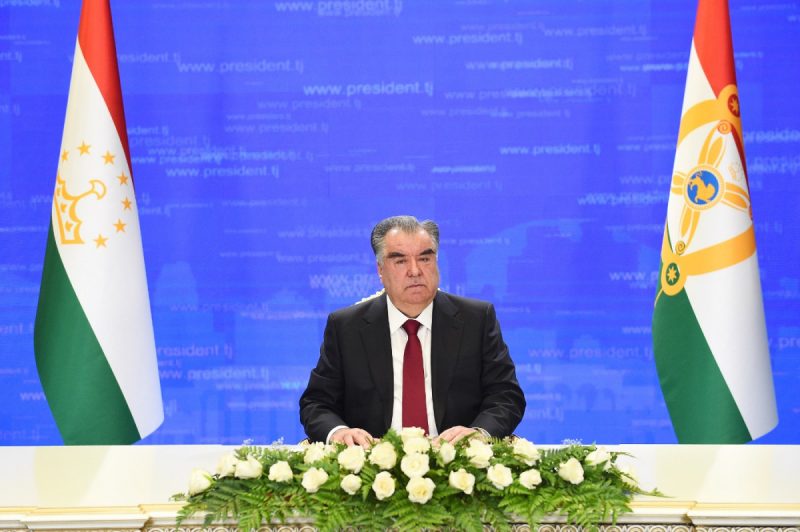
| Title: | Tajikistan’s Opposition to the Taliban: Rhetoric or Threat? |
| Author/s: | Claudia Chia, Zheng Haiqi |
| Abstract: | Dilemmas over conferring recognition to the Taliban and security uncertainties following the fall of Kabul continue to perturb the Central Asian Republics (CARs). Escalating tensions between Tajikistan and the Taliban have prompted both sides to increase their military forces along their shared border, fearing invasion from the other. Tajikistan is the sole CAR that has taken a vociferously anti-Taliban stance and refuses to engage with the new Taliban-led government. The discord has elicited concerns from Russia and Pakistan that a confrontation might ensue, disrupting regional stability. |
| Date: | 11 October 2021 |
| Read More |

| Title: | ISPR: Setting the Agenda through Popular Entertainment |
| Author/s: | Nithya Subramanian |
| Abstract: | The Inter Services Public Relations (ISPR) wing of the Pakistan Armed Forces has started playing an active role in the mass entertainment sector by getting involved in the production of television dramas, patriotic songs, film festivals and even reality shows. While the industry has welcomed this association, there is a real risk of the establishment exerting control over the narrative and influencing how people think. |
| Date: | 7 October 2021 |
| Read More |
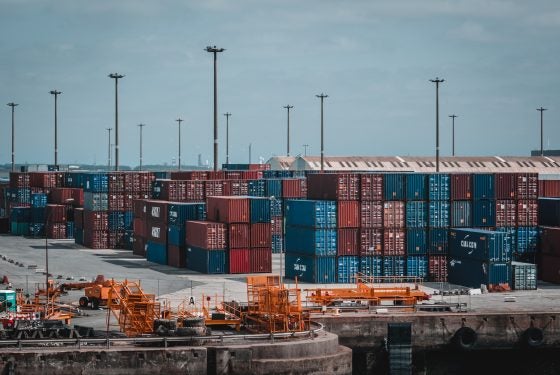
| Title: | India’s New and Robust FTA Engagements |
| Author/s: | Amitendu Palit |
| Abstract: | India has moved on from a circumspective view of free trade agreements (FTAs) to proactively engaging in them. It is negotiating FTAs with several large economies. The engagement reflects India’s intention to deepen trade with geopolitically important partners and embed critical issues like supply chains, sustainability and climate in its external trade. |
| Date: | 5 October 2021 |
| Read More |

| Title: | The Quad Makes the First Siliconpolitik Move |
| Author/s: | Pranay Kotasthane |
| Abstract: | An earlier paper on ‘Siliconpolitik: The Case for a Quad Semiconductor Partnership’ made a detailed case for a Quad partnership on semiconductors. It argued that the Quad’s technology cooperation agenda should focus on semiconductors due to their ‘metacriticality’. Further, it reasoned that “since each Quad member enjoys a comparative advantage in a specific sub-domain of the semiconductor supply chain, this grouping is well-placed to collaborate.” With these arguments as a reference point, this paper analyses the semiconductor supply chain collaboration announcement at the first in-person Quad Leaders’ Summit. |
| Date: | 5 October 2021 |
| Read More |

| Title: | India, Techno-diplomacy and the Quad Summit |
| Author/s: | Karthik Nachiappan, Nishant Rajeev |
| Abstract: | The first leaders level summit of the Quad on 24 September 2021 set a clear pathway and the focus areas for the grouping. The summit itself builds on the work being done by the member states bilaterally and trilaterally in their evolving competition with China. The summit, however, also placed technology governance as an issue between the competing liberal and authoritarian global orders. |
| Date: | 30 September 2021 |
| Read More |
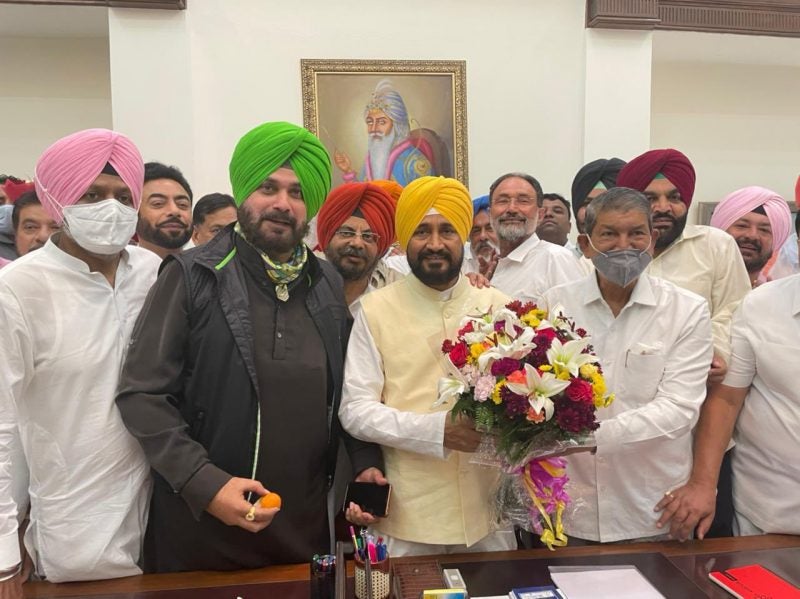
| Title: | Chief Minister Amarinder Singh Resigns: Punjab in Turmoil |
| Author/s: | Ronojoy Sen |
| Abstract: | The resignation of Punjab Chief Minister Amarinder Singh has dented the ruling Congress and thrown up new political equations before the 2022 Assembly election. |
| Date: | 27 September 2021 |
| Read More |
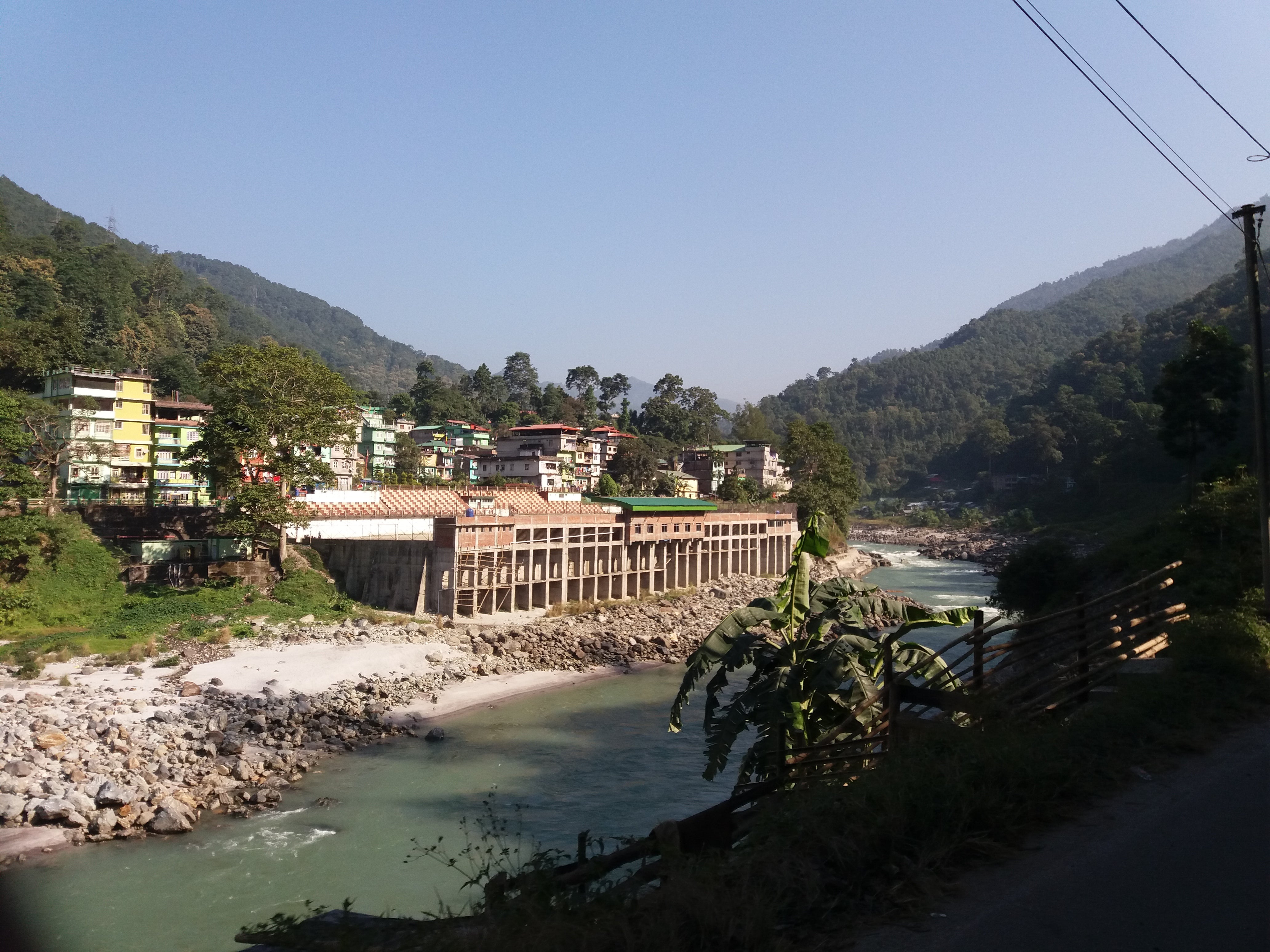
| Title: | Indian Opposition to the UNSC’s Role in Transboundary Water Disputes |
| Author/s: | Amit Ranjan |
| Abstract: | India’s position that water disputes do not fall in the United Nations Security Council’s domain is primarily because the country itself is primarily engaged in water-related differences and disputes with its neighbours. |
| Date: | 22 September 2021 |
| Read More |
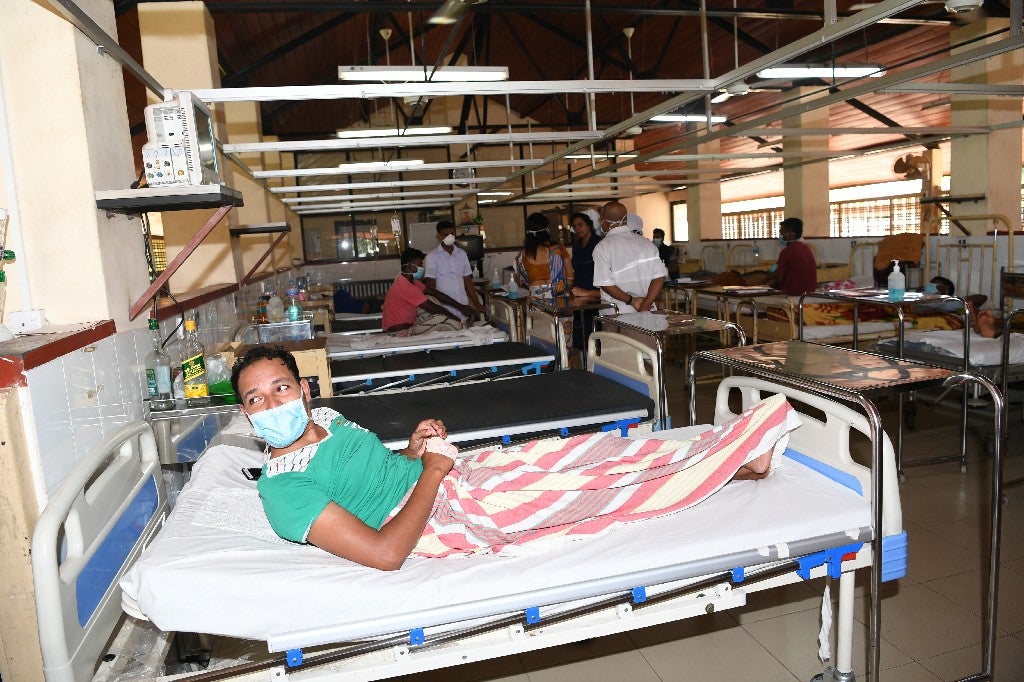
| Title: | An Aggressive Delta Variant and a Crumbling Economy: What is the Way Out for Sri Lanka? |
| Author/s: | Chulanee Attanayake |
| Abstract: | Sri Lanka’s COVID-19 challenge continues as one wave after another impacts the country, the latest being the aggressive Delta variant. The government is facing the challenge of maintaining economic progress and political stability. Amidst growing criticism by health sector professionals against the government for disregarding their suggestions and recommendations, the public has started questioning President Gotabaya Rajapaksa’s capability and efficiency in providing promised healthcare and security. This paper explores the implications of the existential threat of the pandemic for the island nation. |
| Date: | 20 September 2021 |
| Read More |
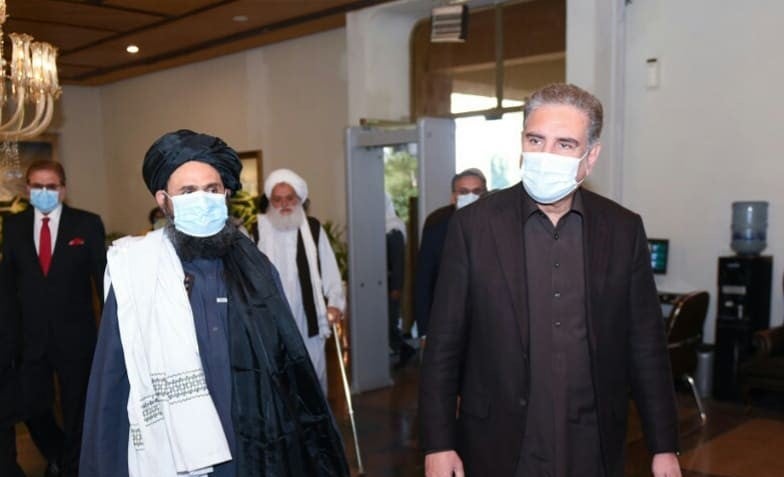
| Title: | The Haqqani Network and India’s Afghan Dilemma |
| Author/s: | Vinay Kaura |
| Abstract: | The interim Taliban government has heavy representation of the Haqqani network, whose connections to transnational jihad are well-documented. With four members of the notorious group as cabinet ministers in the interim government that will rule Afghanistan, the Haqqani network’s position in Afghanistan’s emerging governing apparatus is much stronger now. The future of New Delhi’s US$3 billion (S$4.02 billion) investment in Afghan development projects as well as India’s security interests in the Taliban-led Afghanistan would greatly depend on how the Haqqani network evaluates the structural necessities and external constraints of its actions in its pursuit of power, which is going to be legitimised by the international community sooner than later. |
| Date: | 14 September 2021 |
| Read More |
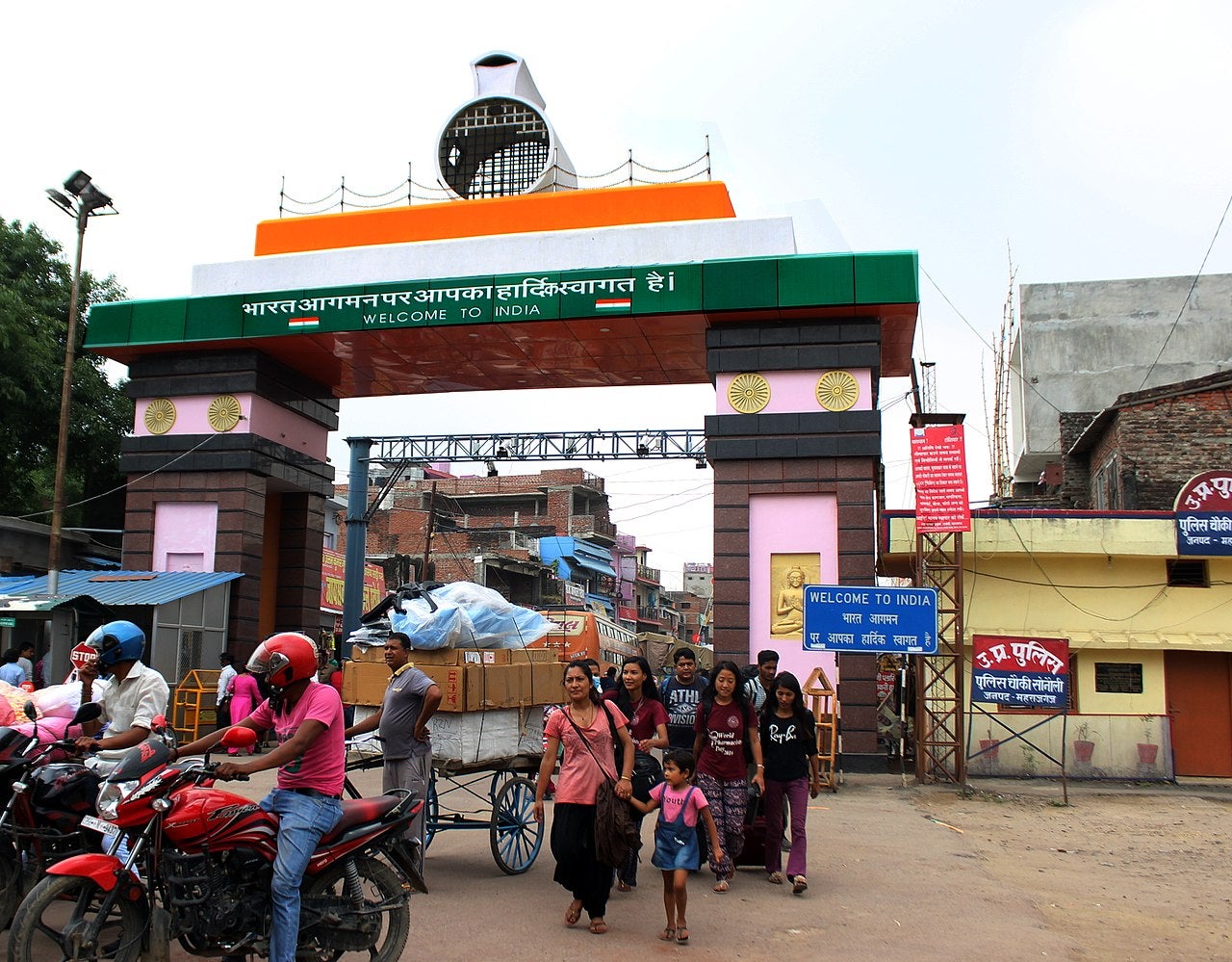
| Title: | India-Nepal Open Borders and the Pandemic |
| Author/s: | Sujeev Shakya |
| Abstract: | The open border between India and Nepal is a special facet of the relationship between the two countries, ensuring the free movement of goods and people for hundreds of years. The COVID-19 pandemic imposed severe restrictions as borders had to be closed to curb rising Coronavirus infections, presenting unprecedented challenges to the governments and citizens on both sides who rely on the freedom of movement across the two countries. |
| Date: | 9 September 2021 |
| Read More |
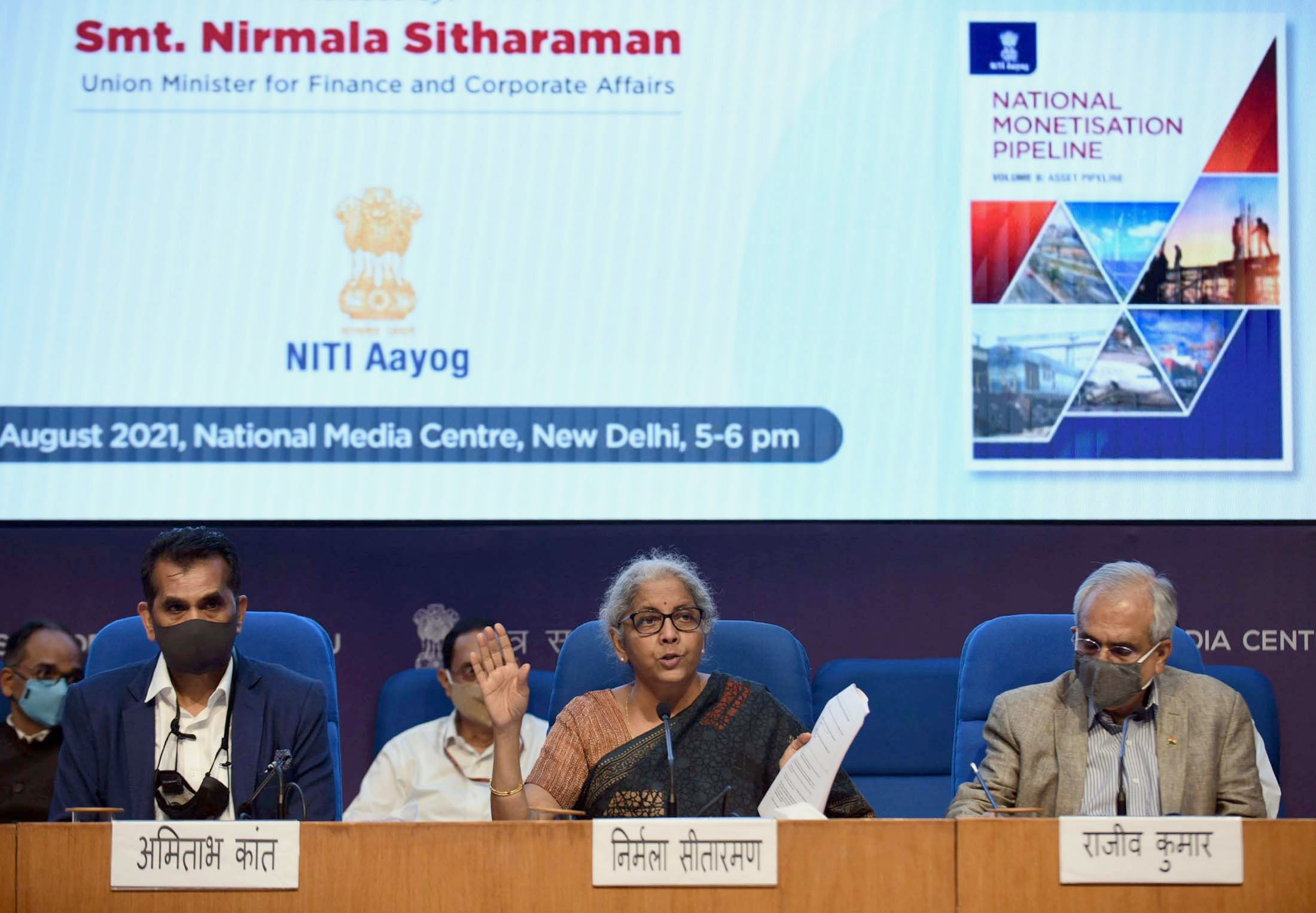
| Title: | India’s NMP for Funding Infrastructure: Innovative but Challenging |
| Author/s: | Amitendu Palit |
| Abstract: | India has announced the National Monetisation Pipeline to monetise brownfield infrastructure assets in several sectors. The innovative strategy aims to raise five to six per cent of resources required for the National Infrastructure Pipeline. Its success in attracting investors will depend on the clarity of contracts and credibility of regulators. |
| Date: | 31 August 2021 |
| Read More |
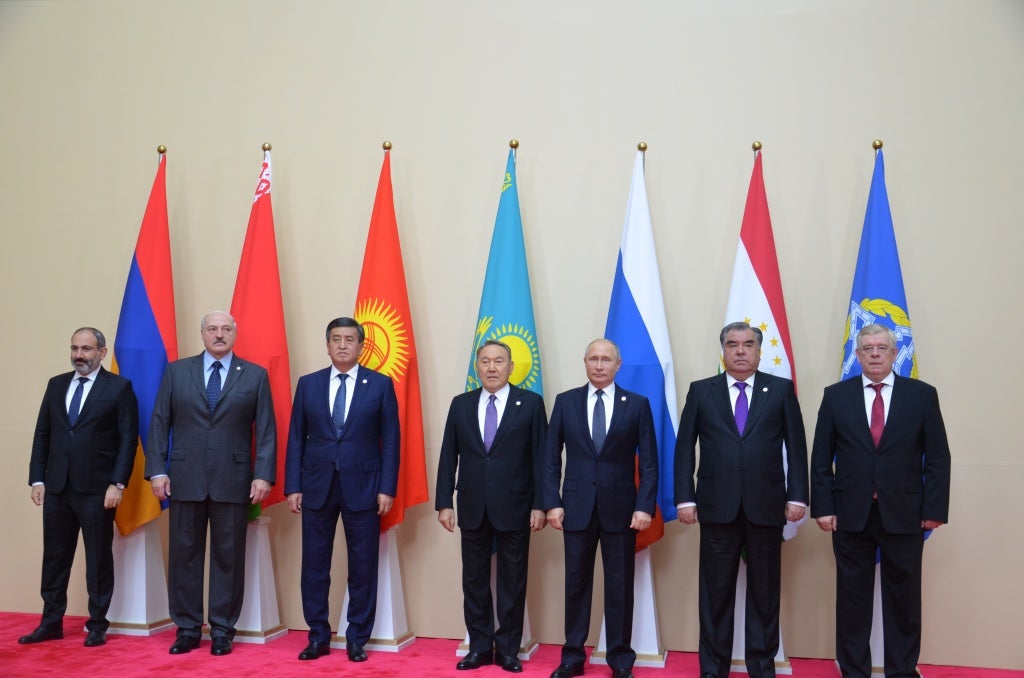
| Title: | Uncertainty in Afghanistan: Security Woes for Russia |
| Author/s: | Claudia Chia, Zheng Haiqi |
| Abstract: | In light of the deteriorating military-political situation in Afghanistan, there are potential threats of instability and mass crossing-over of refugees to the Central Asian republics that share borders with Afghanistan. Russia, the primary security provider in the post-Soviet space, is now facing the gargantuan task of maintaining security and averting a potential refugee crisis in the region. |
| Date: | 30 August 2021 |
| Read More |
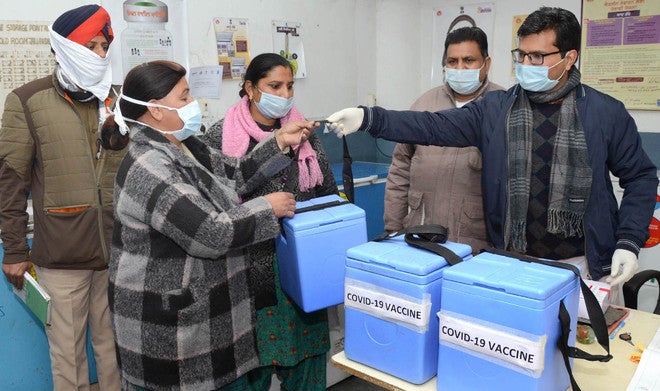
| Title: | India’s Vaccine Future(s) |
| Author/s: | Sidarth Ganpati, Karthik Nachiappan |
| Abstract: | India’s vaccine diplomacy has been driven by its robust domestic production capacity. The initiative was derailed by the second wave of COVID-19 infections that hit the country in mid-2021. Its efforts to redouble vaccine exports could hinge on the import of existing global mRNA vaccines and the development of domestic mRNA vaccines. |
| Date: | 30 August 2021 |
| Read More |
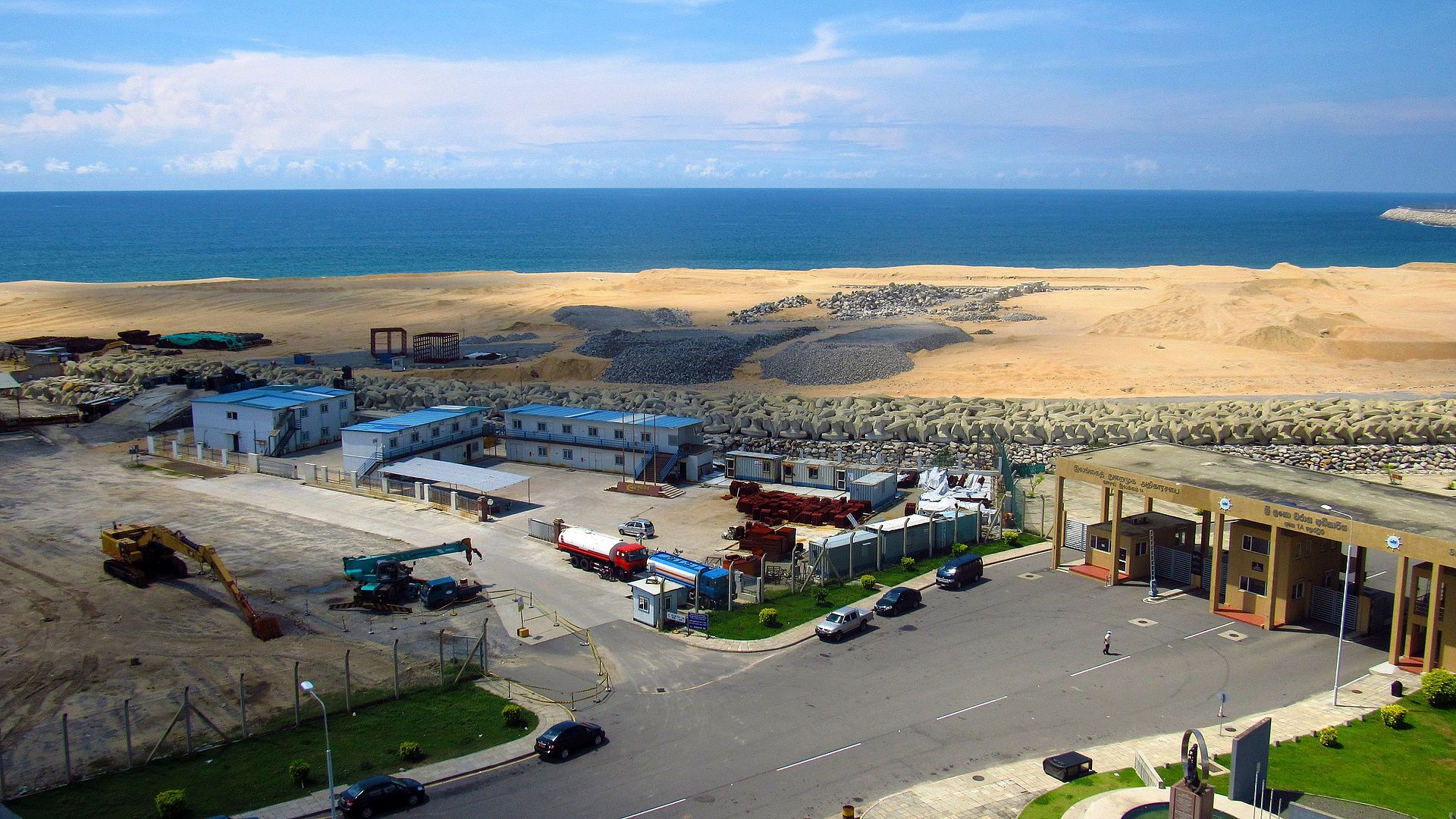
| Title: | Post-COVID-19: Revisiting South Asia’s SEZs |
| Author/s: | Ganeshan Wignaraja |
| Abstract: | Special Economic Zones (SEZs) are back in vogue in South Asia, recovering from the impact of the COVID-19 pandemic. But these have had a mixed performance. Under certain conditions, SEZs can be useful for attracting investment and supporting South Asia’s recovery. |
| Date: | 27 August 2021 |
| Read More |
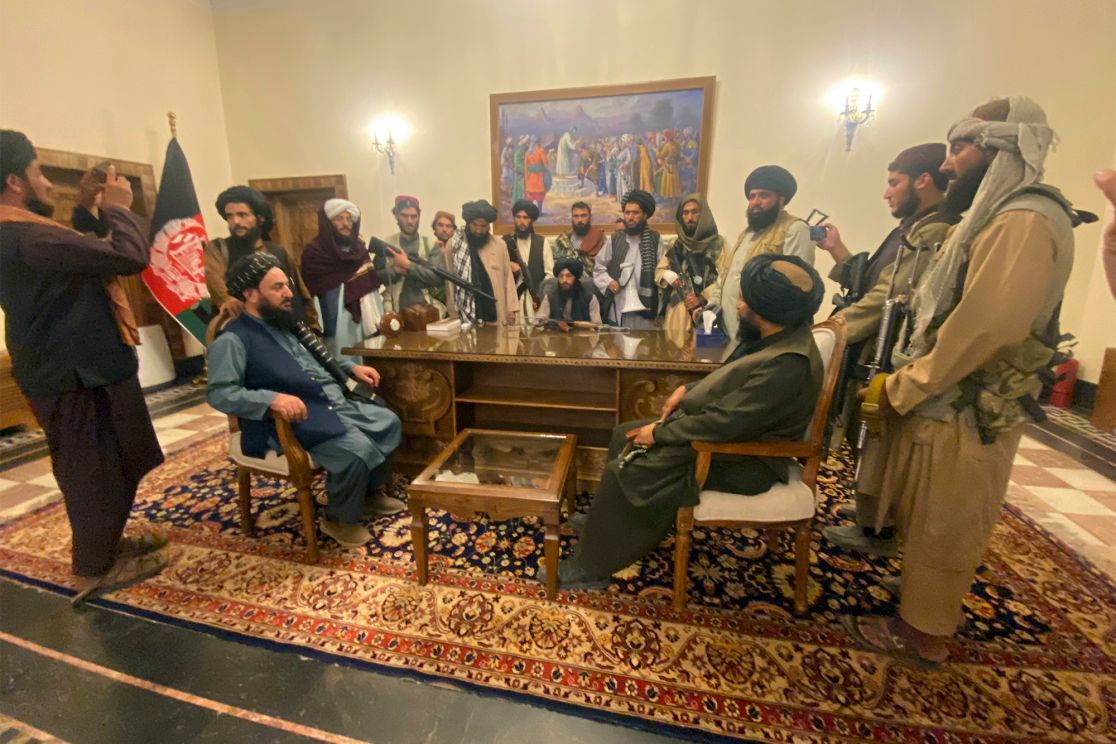
| Title: | The Afghan Taliban and the Fall of Kabul: Rhetoric, Realities and a Restive Afghanistan |
| Author/s: | Imran Ahmed |
| Abstract: | The Afghan Taliban have sought to present a careful reformed, more moderate and diplomatic face to the movement whilst conducting a brutal offensive which displayed little regard for international laws, norms and rights. The group promised much but its actions in the battlefield spoke otherwise. The fall of Kabul on the weekend presents the challenge of forming a government and that of governance for the Taliban: areas, unlike their military capabilities, they have shown little aptitude in the past. As the ruling regime, their mandate is also deeply unpopular. When the dust settles, the coming days will reveal the strength of the Taliban’s hold on power as they grapple with ruling a restive Afghanistan. |
| Date: | 16 August 2021 |
| Read More |
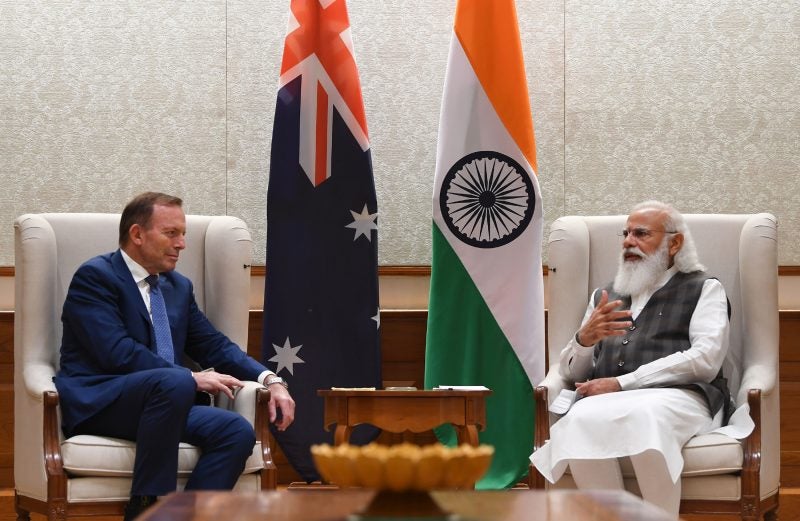
| Title: | India-Australia Trade Deal: Realistic Ambitions and Flexible Negotiations |
| Author/s: | Amitendu Palit |
| Abstract: | India and Australia are resuming talks on a bilateral trade deal after several years. Close strategic proximity between the two countries, following the COVID-19 pandemic, imparts strong purpose and political willingness for the deal. A deal is eminently possible if ambitions are realistic and negotiations flexible. |
| Date: | 16 August 2021 |
| Read More |
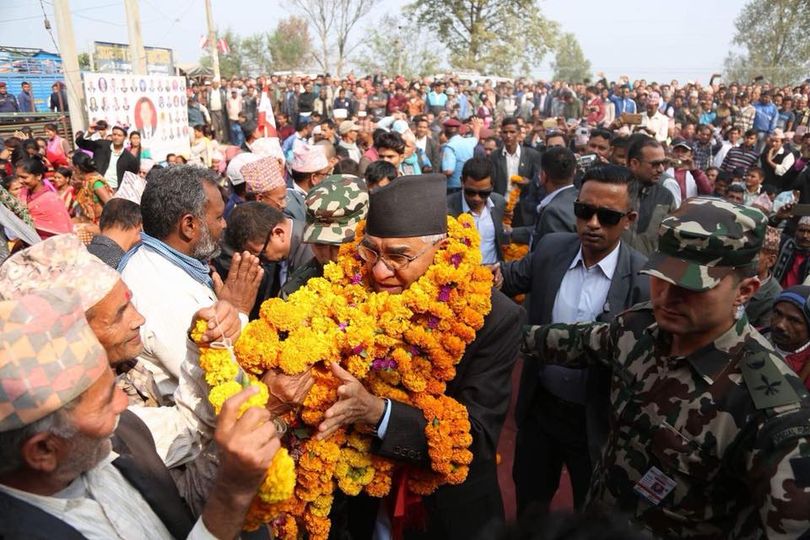
| Title: | Nepal’s Common Minimum Programme: Falling Short on Foreign Policy Expectations |
| Author/s: | Amit Ranjan |
| Abstract: | The recently released Common Minimum Programme touches on several important foreign policy priorities for Nepal. However, it lacks substance and avoids making specific recommendations. Apart from creating uncertainty, it has exposed the government to political attacks from the opposition. |
| Date: | 13 August 2021 |
| Read More |
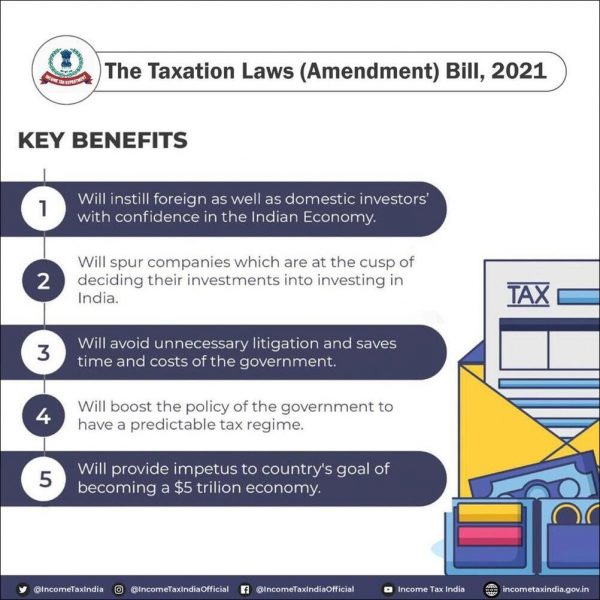
| Title: | Retrospective Tax Withdrawn: The Indian Government Bites the Bullet |
| Author/s: | Vinod Rai |
| Abstract: | In the 2012-13 budget, the Indian government introduced an amendment to the Income Tax Act to enable it to tax retrospectively. This amendment set of a spate of litigations filed, among others, by Vodafone and Cairn Energy. The permanent court of arbitration at The Hague ruled in favour of the companies. This verdict has led to the Indian government taking a positive step to introduce an amendment to the erstwhile Act to withdraw the retrospective tax levied subject to certain caveats. This has been hailed as a welcome step. |
| Date: | 11 August 2021 |
| Read More |
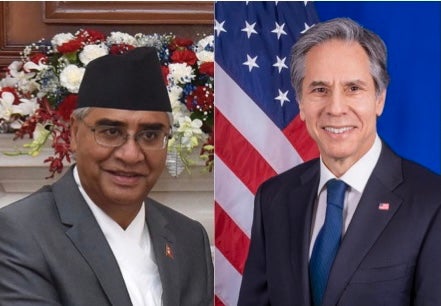
| Title: | Kathmandu’s Closer Ties With Washington: Some Concerns for Beijing |
| Author/s: | Amit Ranjan |
| Abstract: | American Secretary of State Antony J Blinken’s telephone call and discussions with Nepal’s Prime Minister Sher Bahadur Deuba on 27 July 2021 could bring Nepal closer to the United States. While China may be concerned with this recent development, it is not likely to have a significant impact on Kathmandu’s relations with Beijing. |
| Date: | 2 August 2021 |
| Read More |
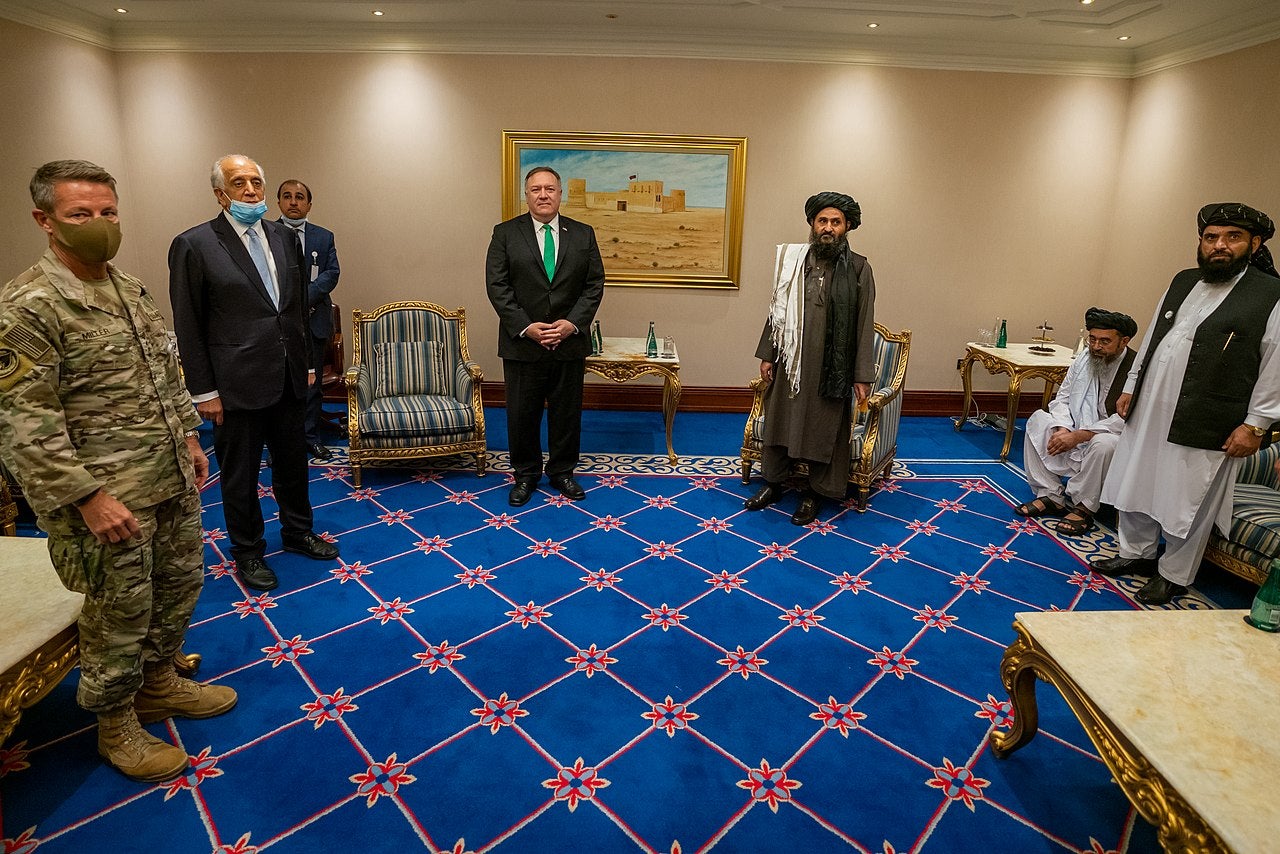
| Title: | Peace in Afghanistan? Too Complicated |
| Author/s: | Touqir Hussain |
| Abstract: | Afghanistan’s domestic order has serious foundational issues, and it lives in a conflict prone region and competitive geopolitics. Bringing peace there is thus too complicated. Peace efforts have been stepped up but it may be late in the day. Instability may continue, either Kabul-led or Taliban-led. |
| Date: | 26 July 2021 |
| Read More |
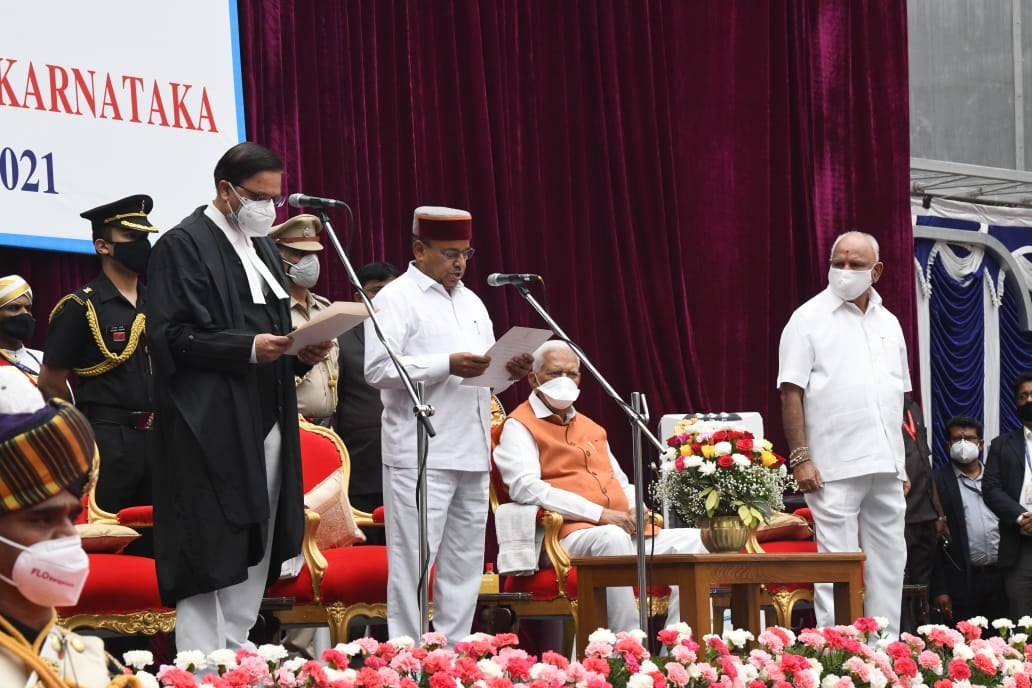
| Title: | Loyalist Governors Undermine Indian Democracy |
| Author/s: | Ronojoy Sen |
| Abstract: | Indian Prime Minister Narendra Modi’s first major Cabinet reshuffle in his second term was preceded by a reshuffle of state governors. The new appointments continued a policy of placing party loyalists in the governor’s chair. |
| Date: | 26 July 2021 |
| Read More |

| Title: | India as a Muddling Cyber-Power |
| Author/s: | Karthik Nachiappan, Nishant Rajeev |
| Abstract: | A recent report by the International Institute for Strategic Studies assesses and ranks the cyber-capabilities of 15 different countries. India has been ranked as a tier three or lowest tier country. While the report notes some positives while assessing India, such as a vigilant private sector in cybersecurity matters, it highlights a siloed and fragmented government approach that dents India’s cyber resilience. |
| Date: | 22 July 2021 |
| Read More |
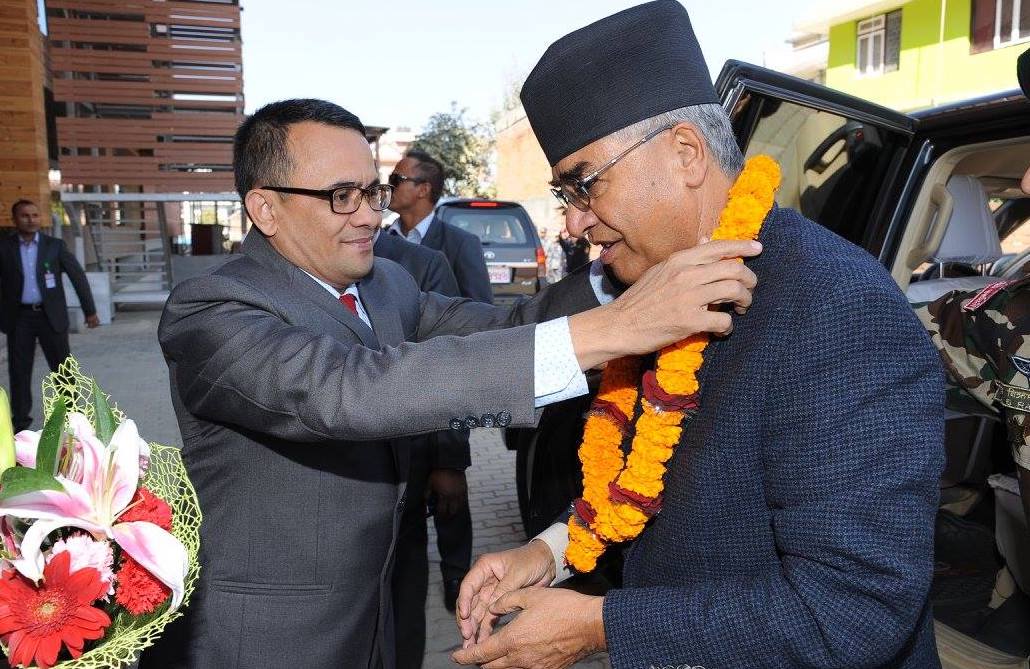
| Title: | Political Turmoil in Nepal: The Issue of the Prime Minister |
| Author/s: | Amit Ranjan |
| Abstract: | In its 12 July 2021 verdict, the Supreme Court of Nepal reinstated the dissolved Lower House of Parliament and ordered the appointment of Sher Bahadur Deuba as the country’s prime minister. Now, the major challenge for Deuba is to win the vote of confidence. |
| Date: | 16 July 2021 |
| Read More |
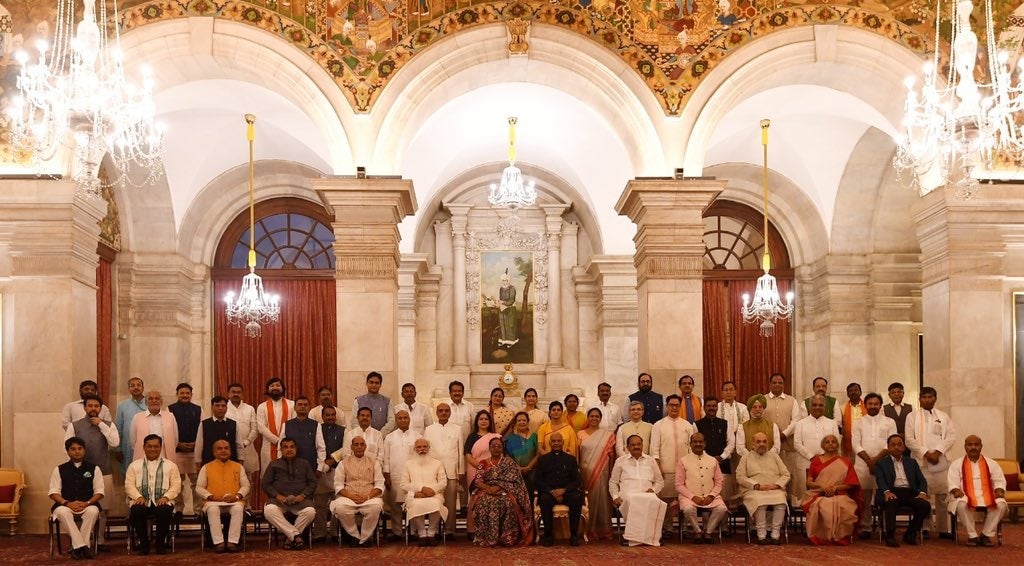
| Title: | Cabinet Reshuffle in India: New Faces and Electoral Compulsions |
| Author/s: | Ronojoy Sen |
| Abstract: | On 7 July 2021, Indian Prime Minister Narendra Modi announced the first major Cabinet reshuffle in his second term. While new talent has been inducted and some veterans eased out, the rejig had also been done with an eye on coming state elections. |
| Date: | 12 July 2021 |
| Read More |
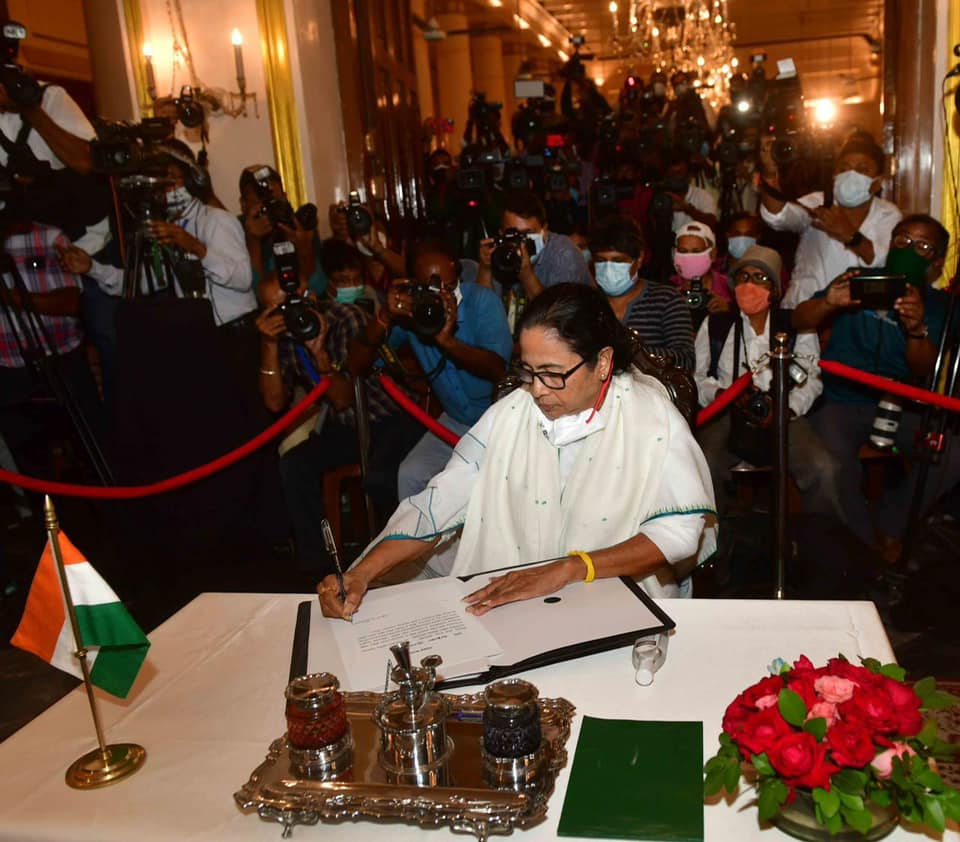
| Title: | Indian Elections and West Bengal: The Predicament of the Un-elected |
| Author/s: | Vinod Rai |
| Abstract: | The Indian Constitution mandates that a minister in the State or Union government must be a Member of the Legislative Assembly (MLA). In the eventuality of his not being a MLA, he has to get himself elected within six months of his taking oath as a minister. If he fails to do so, he has to demit office. Most recently, the Chief Minister (CM) of Uttarakhand (who was a Member of Parliament but not a MLA) also resigned as holding elections during the pandemic was uncertain. This has put pressure on the CM of West Bengal who lost her seat at the recent Assembly elections and needs to get elected via a by-poll to retain her position. The issue is whether or not the Election Commission will order an election within six months of her having assumed office. |
| Date: | 9 July 2021 |
| Read More |
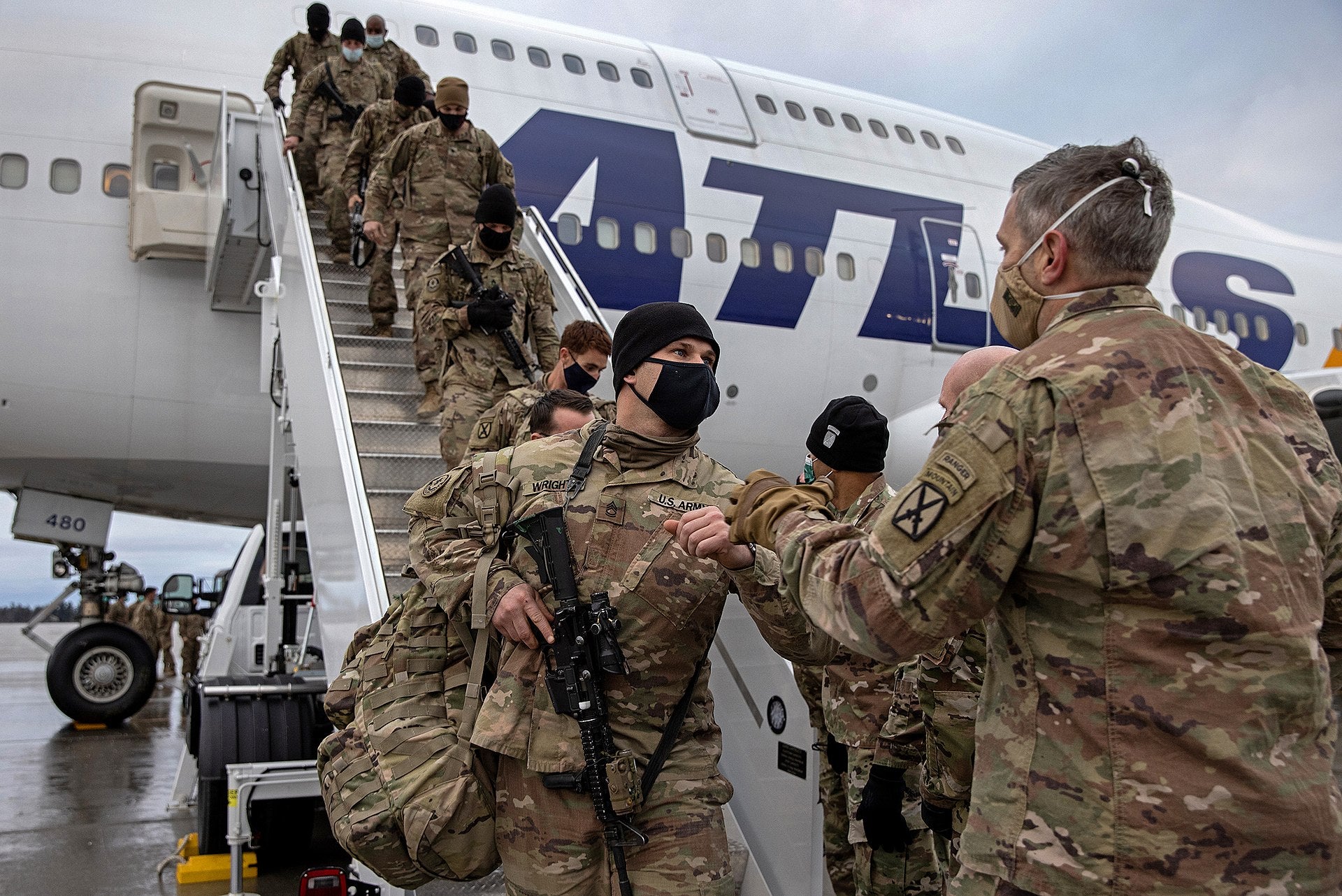
| Title: | US Withdrawal from Afghanistan: Uncertainties, Sober Political Realities and Formidable Challenges |
| Author/s: | Imran Ahmed |
| Abstract: | As the withdrawal by the United States (US) draws to a close, the future of Afghanistan looks increasingly uncertain. Neither diplomatic efforts for peace between the Afghan government and the Taliban proved effective nor did the Afghan government’s efforts to delay the US withdrawal change US President Joe Biden’s policy. Both conflict and complete foreign withdrawal appear not only inevitable, but also imminent. Numerous questions concerning the West’s future engagement with Afghanistan remain open. At present, the Afghan political elite remain deeply divided and the Taliban continue to strategically place themselves to seize territory and centres of power. While the government hopes to bring the Taliban back to the negotiating table, to do so would require building political consensus, maintaining unity and taking an effective military fight to the Taliban. These are formidable challenges for the Afghan government to overcome. |
| Date: | 7 July 2021 |
| Read More |

| Title: | US Reviews Resilient Supply Chains: What’s in Store for India? |
| Author/s: | Amitendu Palit |
| Abstract: | The recent review by the United States (US) on supply chain resilience notes India’s future global significance in semiconductors, large capacity batteries and critical materials. It expresses concerns over America’s heavy dependence on India in pharmaceuticals and stresses the need to diversify. India can expect a selective US engagement, along with disengagement, across supply chains. |
| Date: | 29 June 2021 |
| Read More |

| Title: | India’s Industrial Raw Material and Food Exports: Emergence of China as Important and Distinct Market |
| Author/s: | Amitendu Palit |
| Abstract: | China became India’s second largest export market in financial year 2021. Absorbing large amounts of industrial raw material and food exports, it is distinct from India’s other major export markets in the West and Middle East. |
| Date: | 10 June 2021 |
| Read More |
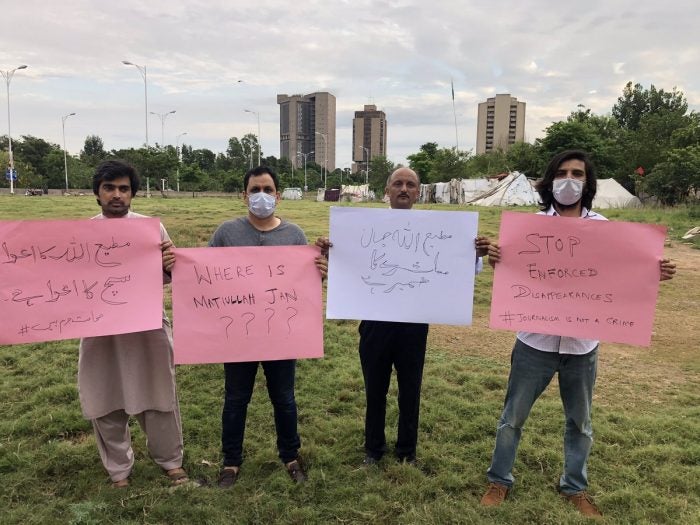
| Title: | Suppression and Silencing: The Attack on Asad Toor, Press Freedom and Media Laws in Pakistan |
| Author/s: | Imran Ahmed |
| Abstract: | The recent attack on Pakistani journalist and vlogger Asad Ali Toor shocked audiences in Pakistan and abroad. The subsequent events which unfolded revealed that the systematic suppression of the press goes beyond acts of physical violence, harassment and intimidation. Indeed, more subtle and procedural means of coercion continue to play a role in muzzling journalists. While a recent law passed in Sindh offers some optimism, the prospects for protecting critical voices in the country more generally look grim. |
| Date: | 8 June 2021 |
| Read More |

| Title: | Big Tech confronts India’s Internet Governance Framework |
| Author/s: | Karthik Nachiappan, Nishant Rajeev |
| Abstract: | Social media giants, Twitter and WhatsApp, and the Indian government find themselves at odds over the recently enacted IT (Intermediary Guidelines and Digital Ethics Code) Rules, 2021. While the Indian government contends that the rules are required to ensure national security and maintain public order, the companies argue that the rules can erode the fundamental rights of citizens. This battle will, in all likelihood, determine the extent of state power over the internet. |
| Date: | 2 June 2021 |
| Read More |

| Title: | Combating the COVID-19 Pandemic: Patent Waivers Must Extend Beyond Vaccines |
| Author/s: | Amitendu Palit, Mekhla Jha |
| Abstract: | India’s latest proposal at the World Trade Organization seeks patent waivers on a wide range of health products. This is essential as patent waivers on vaccines for COVID-19, excluding essential medicines and medical equipment, would leave many countries vulnerable in their efforts to manage the effects of the pandemic. |
| Date: | 28 May 2021 |
| Read More |
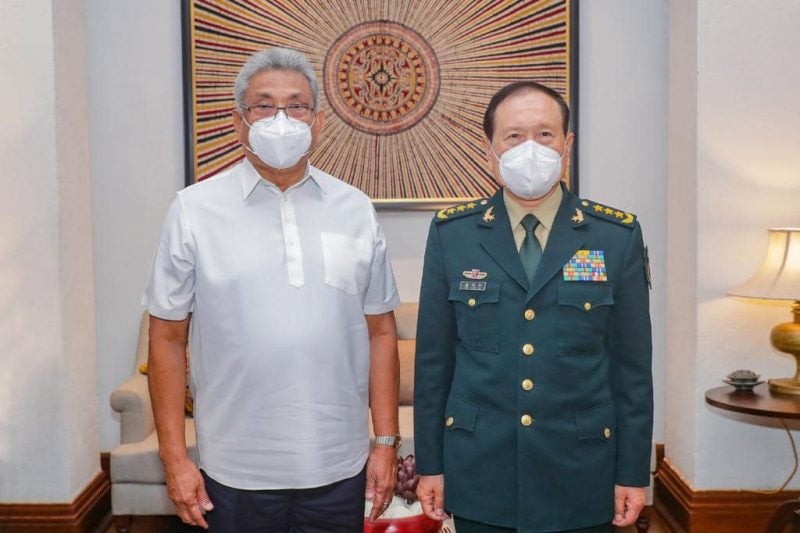
| Title: | Chinese Defence Minister’s Visit to Sri Lanka: A New Dynamic to Bilateral Ties |
| Author/s: | Chulanee Attanayake |
| Abstract: | Chinese Defence Minister General Wei Fenghe’s official visit to Sri Lanka on 27 April 2021 has sparked a conversation on strengthening defence ties between the two countries. This paper sheds light on the gradual growth in military relations and explains the significance of adding this new dimension to the existing solid bilateral relationship. |
| Date: | 18 May 2021 |
| Read More |

| Title: | The European Union-India Connectivity Partnership: Enlarging Choices, Challenging China |
| Author/s: | Amitendu Palit |
| Abstract: | The European Union-India connectivity partnership introduces more choices for infrastructure-deficient countries in the Indo-Pacific and challenges China’s dominance in the market for regional connectivity. |
| Date: | 17 May 2021 |
| Read More |
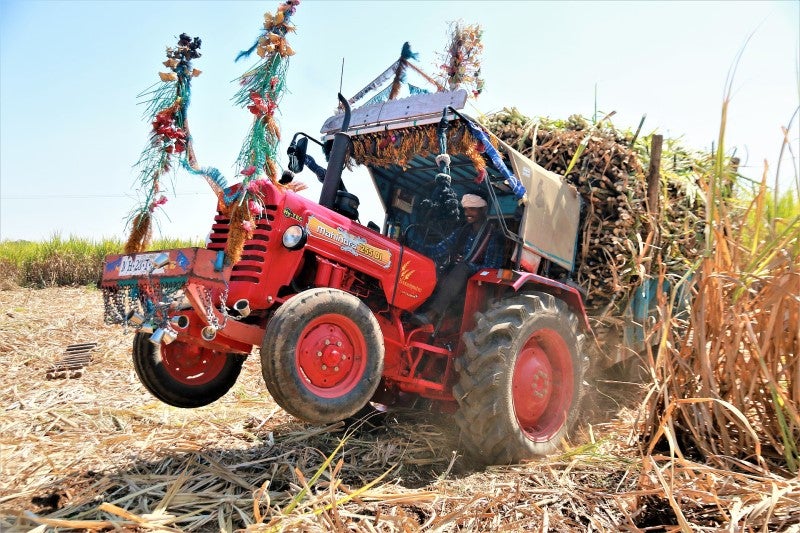
| Title: | India Records High Agricultural Export Growth amidst COVID-19 Pandemic |
| Author/s: | Divya Murali, Amitendu Palit |
| Abstract: | Notwithstanding the COVID-19 pandemic, India’s agricultural exports have shown remarkable growth aided by favourable domestic weather conditions and export curbs implemented by many countries. However, future prospects of these exports depend on how much the latest surge in COVID-19 infections in India affects its agricultural production and global demand conditions. |
| Date: | 14 May 2021 |
| Read More |
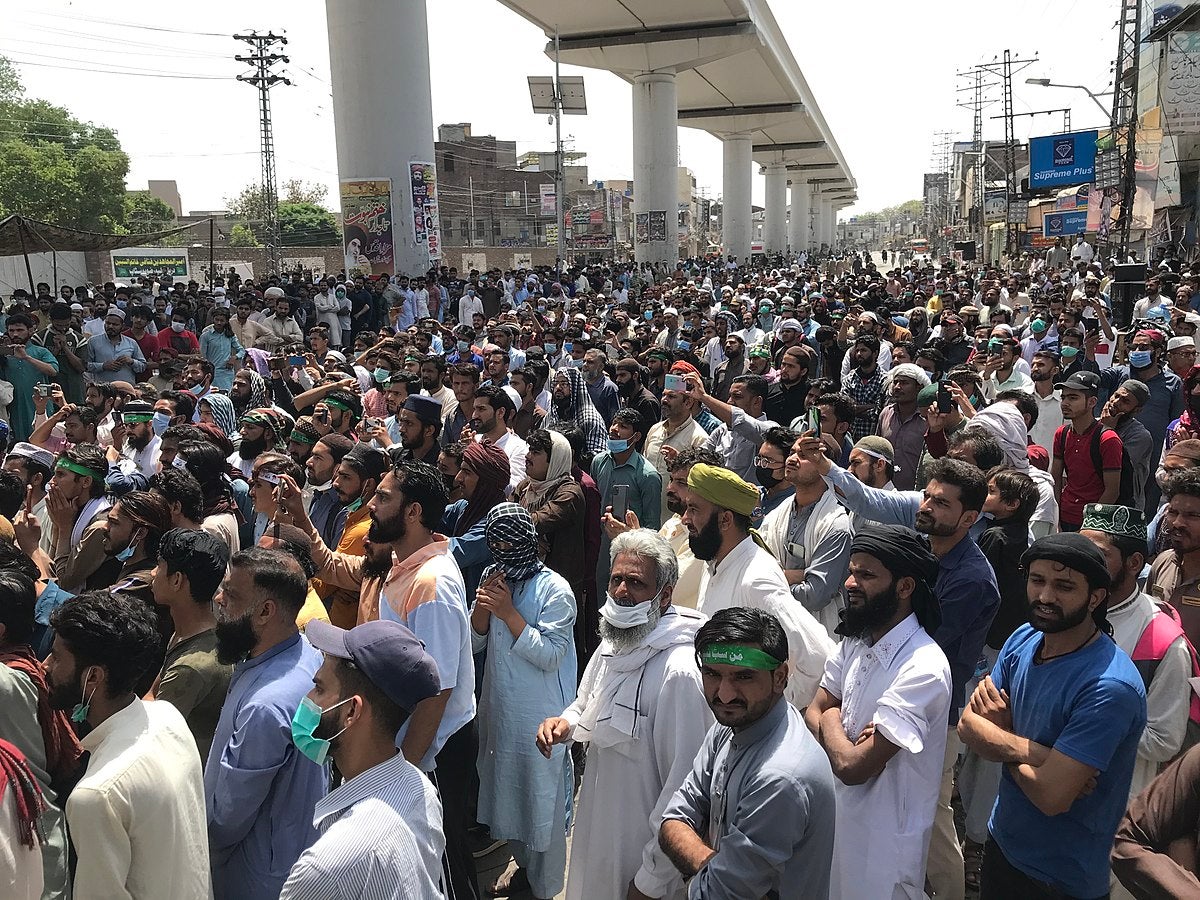
| Title: | Pakistan’s Struggle Within: Religious Politics and Interfaith Harmony |
| Author/s: | Imran Ahmed |
| Abstract: | Unlike some militant far-right Islamist groups such as the Pakistani Taliban which shun the formal and procedural aspects of the political process, the Tehreek-e-Labbaik Pakistan (TLP) partakes in elections and is attentive to the decisions and actions of the legislative and judicial arms of government. But the party’s preeminent mode of operation is violence, rallies and mass demonstrations to influence changes in government policy in matters of religious law and the Islamic identity of the state, particularly on issues related to the blasphemy laws. The formidable strength of the party’s ability to force the government to the negotiating table and its mass appeal across major cities in the country are perhaps its most striking features. While the government may have recently banned the party, the prime minister’s actions and speeches have served only to embolden the TLP than to undermine it. |
| Date: | 14 May 2021 |
| Read More |

| Title: | Access to Affordable COVID-19 Vaccines: Need for Patent Obligation Relaxation |
| Author/s: | Amitendu Palit, Mekhla Jha |
| Abstract: | In order to overcome the acute shortage of vaccines and critical drugs to treat COVID-19 infections, global trade rules must ensure that patent rights do not obstruct the flow of desperately needed medicines. The proposal put forward by India and South Africa at the World Trade Organization demanding such flexibilities needs to be seriously considered. |
| Date: | 5 May 2021 |
| Read More |
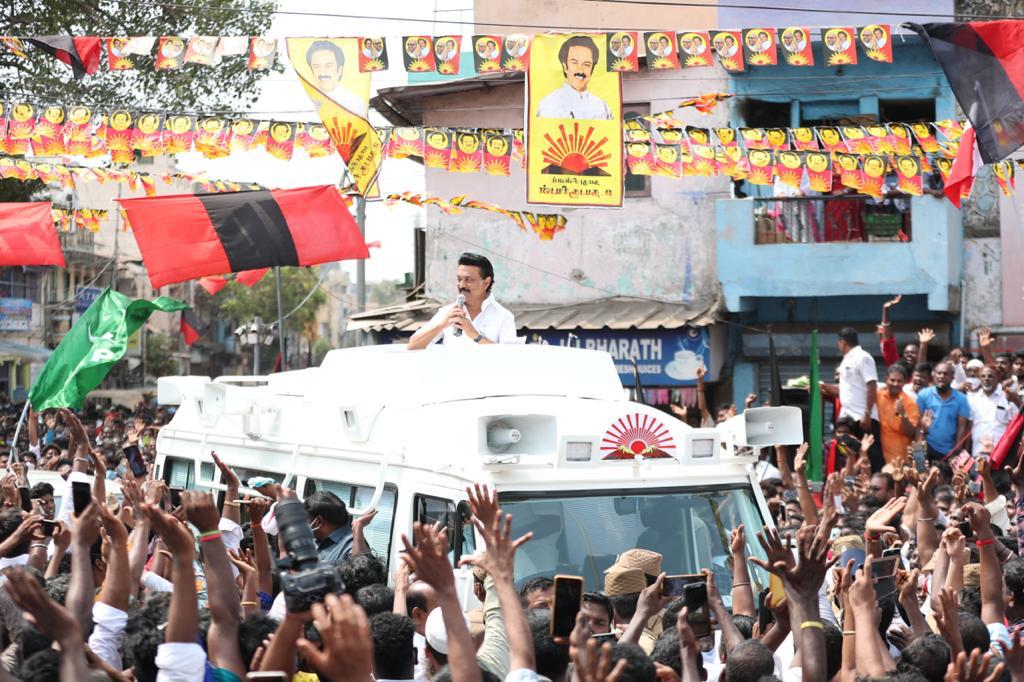
| Title: | Tamil Nadu Elections 2021: Dravida Munnetra Kazhagam back in the Driver’s Seat |
| Author/s: | S Narayan |
| Abstract: | The Dravida Munnetra Kazhagam, led by M K Stalin, is set to form the government in Tamil Nadu. However, the road ahead is fraught with challenges. These include tackling the raging COVID-‐19 pandemic and creating investment and job opportunities. |
| Date: | 4 May 2021 |
| Read More |
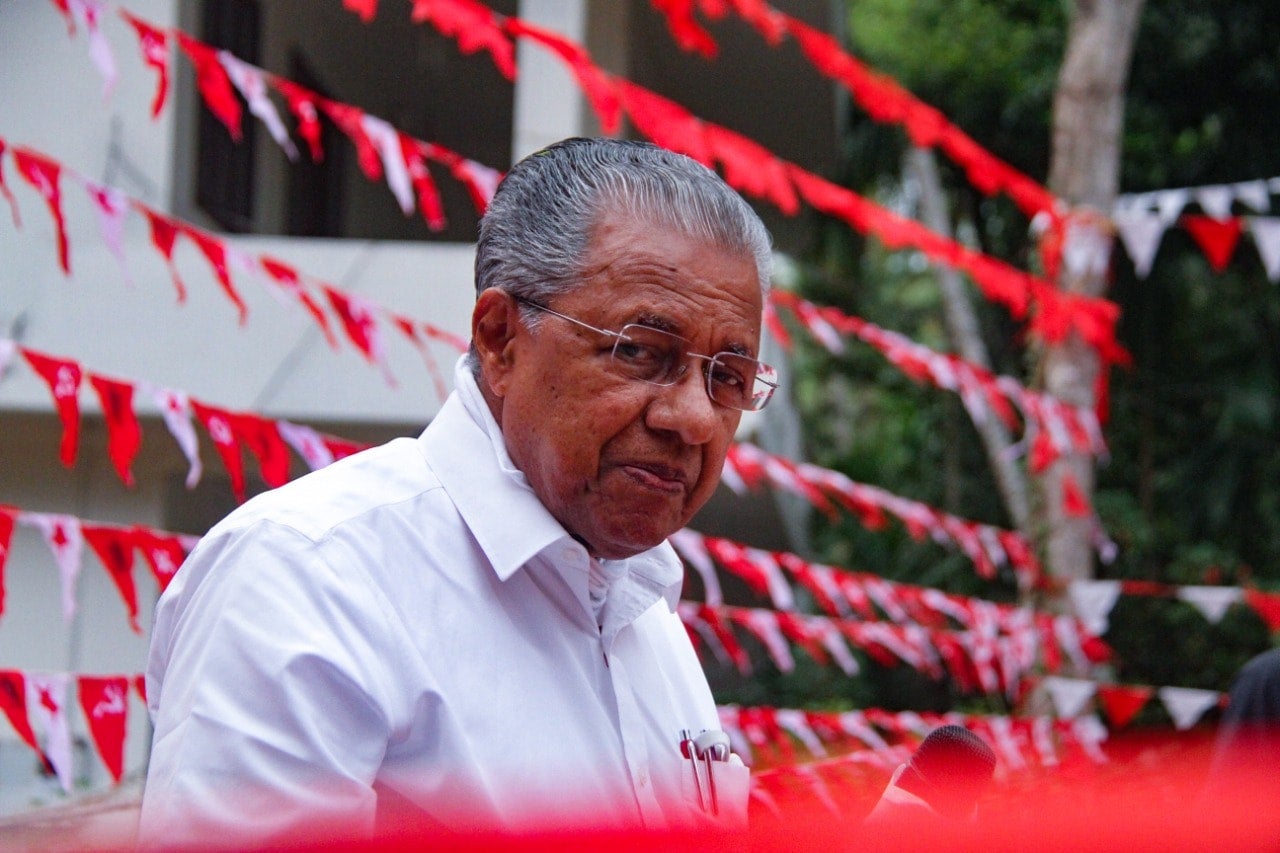
| Title: | Breaking a 40-year Jinx in Kerala: Left Democratic Front Returns to Power |
| Author/s: | Vinod Rai |
| Abstract: | The recently-concluded Kerala Assembly elections resulted in the Left Democratic Front (LDF) breaking a 40-year jinx of no incumbent government ever returning to power. The Bharatiya Janata Party did not even secure a single seat in the Assembly. The United Democratic Front (UDF) managed only 41 seats as against the 99 seats bagged by the LDF. The LDF victory has been hailed as a reward for its welfare schemes and good disaster management. |
| Date: | 3 May 2021 |
| Read More |

| Title: | Addressing Vaccine Shortage: Flexible Trade Rules for Compulsory Licences |
| Author/s: | Amitendu Palit, Mekhla Jha |
| Abstract: | Obtaining enough vaccines at affordable rates is a huge challenge for India and South Asia in fighting the COVID-19 pandemic. More flexible global trade rules enabling quick issue of compulsory licences for local production of patented vaccines can be of significant help. |
| Date: | 29 April 2021 |
| Read More |
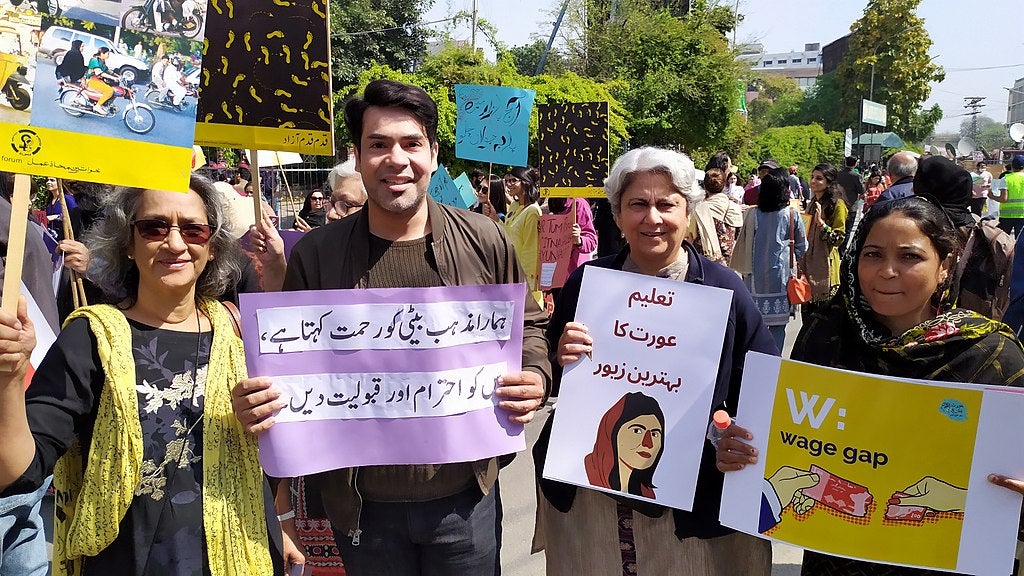
| Title: | Aurat March: The Struggle for Law Reform and Women’s Rights in Pakistan |
| Author/s: | Kunthavi Kalachelvam, Imran Ahmed |
| Abstract: | The Aurat March (Women’s March), which first took place in Karachi in 2018 to observe the International Women’s Day, advocates for women’s rights through the lens of legal empowerment. The march gradually evolved into a social movement with a long-term plan to institutionalise solutions that would withstand changing political tides and extirpate harmful cultural norms. The reform of three Acts – the Anti-Rape Ordinance 2020, the Protection Against Harassment of Women at the Workplace Act, 2010, and the Child Marriage Restraint Act 1929 – features as the focus of the movement’s recent activism. Despite its success in provoking debate and raising awareness concerning gender inequities in Pakistan, the organisers of the Aurat March and the movement, more broadly, face significant challenges. |
| Date: | 26 April 2021 |
| Read More |
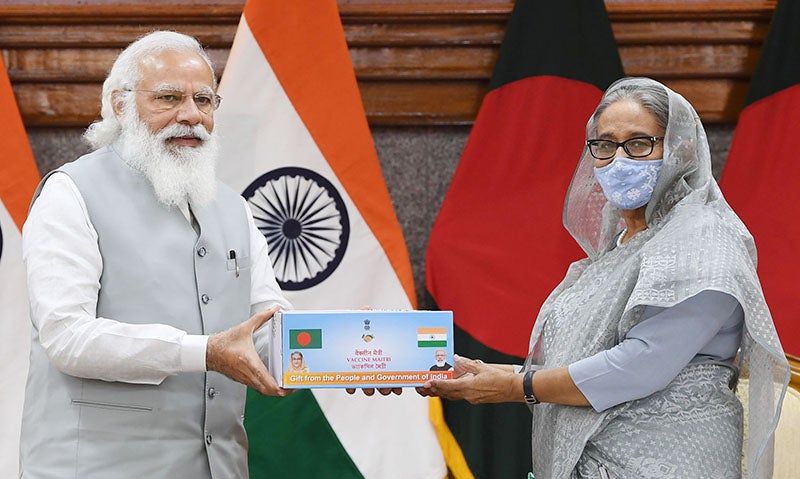
| Title: | Prime Minister Modi Visits Dhaka: Enhancing Bangladesh-India Ties |
| Author/s: | Kunthavi Kalachelvam, Wini Fred Gurung, Mohammad Masudur Rahman |
| Abstract: | Bangladesh and India have made significant progress in their relationship in the last few years. However, Prime Minister Narendra Modi’s recent visit to Dhaka also highlighted the existing tensions in the relationship. Both sides need to work towards resolving their outstanding issues, especially the Teesta water sharing agreement, which is vital to strengthening the bilateral partnership. |
| Date: | 5 April 2021 |
| Read More |
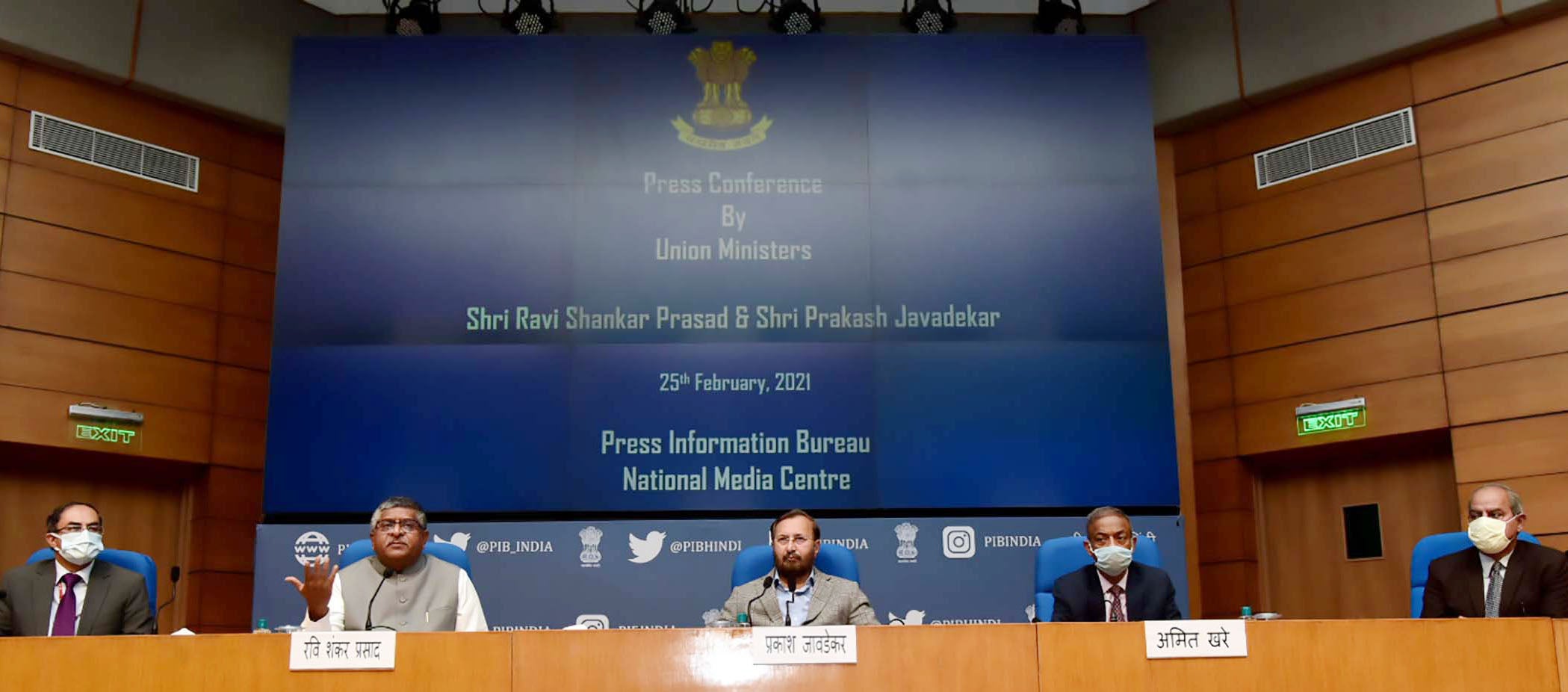
| Title: | India’s New Internet Governance Framework |
| Author/s: | Karthik Nachiappan, Nishant Rajeev |
| Abstract: | The new regulations instituted by the Indian government to manage social media platforms expand its powers over the internet, rendering it the final arbiter over digital content. While the move syncs with the impulse to rein in big technology companies, India’s regulations offer limited means to hold the government accountable which could undermine the citizens’ rights. |
| Date: | 11 March 2021 |
| Read More |
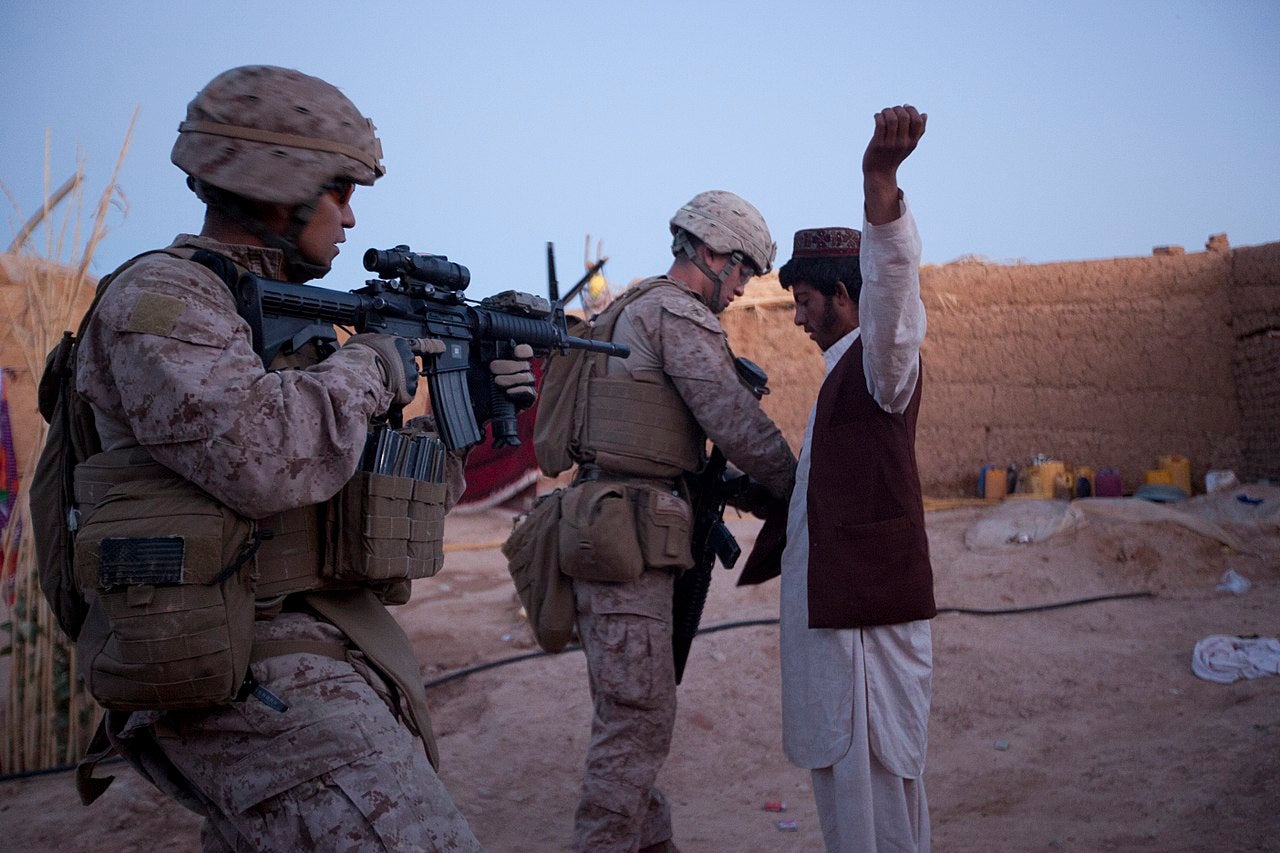
| Title: | Biden’s Afghan Peace Initiative |
| Author/s: | Chilamkuri Raja Mohan |
| Abstract: | The Joe Biden administration has chosen to revive the peace process in Afghanistan. However, this involves several political risks and spoilers as there are many elements in the package that are unacceptable to either Kabul or the Taliban, or both. Any change in the political structure of Kabul will have significant repercussions for all its neighbours, including Pakistan and India. |
| Date: | 9 March 2021 |
| Read More |
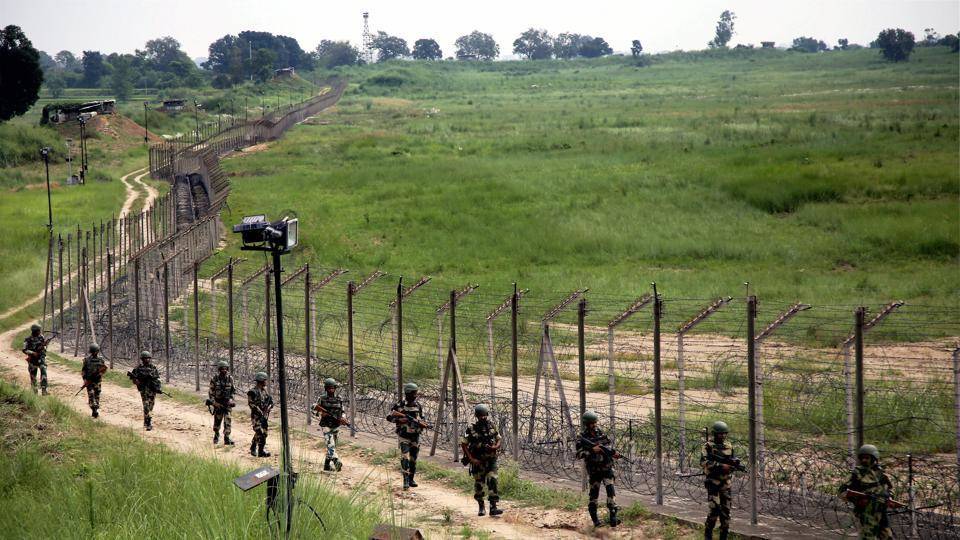
| Title: | Kashmir Ceasefire Deal: The Rationale and The Next Step |
| Author/s: | Touqir Hussain |
| Abstract: | This paper examines the recent India-Pakistan deal on the Kashmir ceasefire. It looks at the background leading up to this decision and the major players involved. It ends by analysing whether the deal has any long-term significance for the resolution of the Kashmir dispute and restoration of peace between the two neighbours. |
| Date: | 9 March 2021 |
| Read More |

| Title: | India’s Democratic Backsliding |
| Author/s: | Diego Maiorano |
| Abstract: | According to one of the most widely used indexes to assess democratic quality across the world, the Freedom House Index, India is not a full democracy anymore. This is mainly due to the erosion of civil liberties rather than the conduction of free and fair elections, which remain of a relatively high standard. Subsequently, the entire South Asian region is also now democracy-free. |
| Date: | 8 March 2021 |
| Read More |
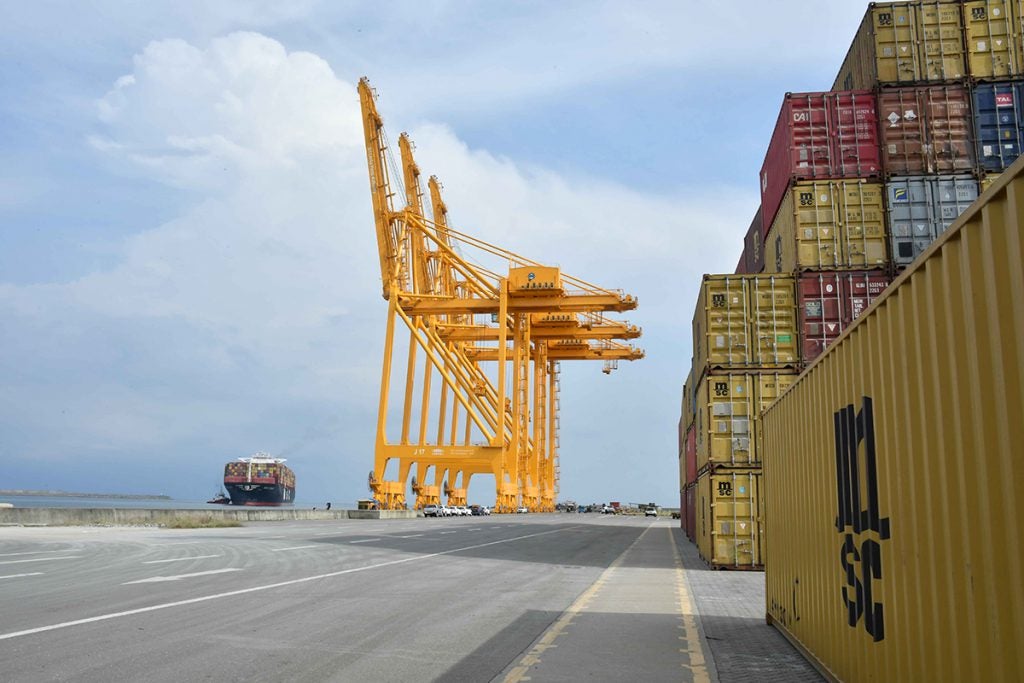
| Title: | India Loses the East Container Terminal: How Domestic Politics Rocked the Ship |
| Author/s: | S Narayan |
| Abstract: | Sri Lanka recently decided to scrap a 2019 agreement with India and Japan to operate the East Container Terminal. While the China factor and the Sri Lankan ethnic issue have negatively impacted bilateral relations, left leaning labour unions and smaller political parties have also played their part in the cabinet’s recent decision. |
| Date: | 10 February 2021 |
| Read More |
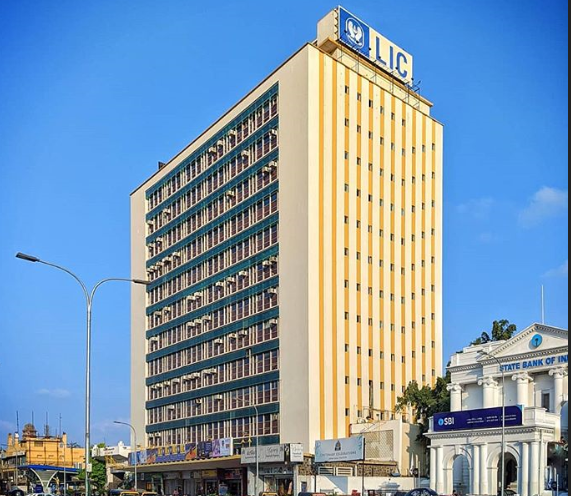
| Title: | Indian Budget 2020-21: A Push for Growth |
| Author/s: | S Narayan |
| Abstract: | The recent Indian budget proposals seem to be a conscious effort by the Narendra Modi government to move towards a greater investment-friendly economy. Apart from a large outlay for health and infrastructure, the privatisation of public sector banks and greater fiscal transparency have been some of the highlights. However, it is not clear if these measures are enough to bring back the confidence among investors and result in growth. |
| Date: | 5 February 2021 |
| Read More |
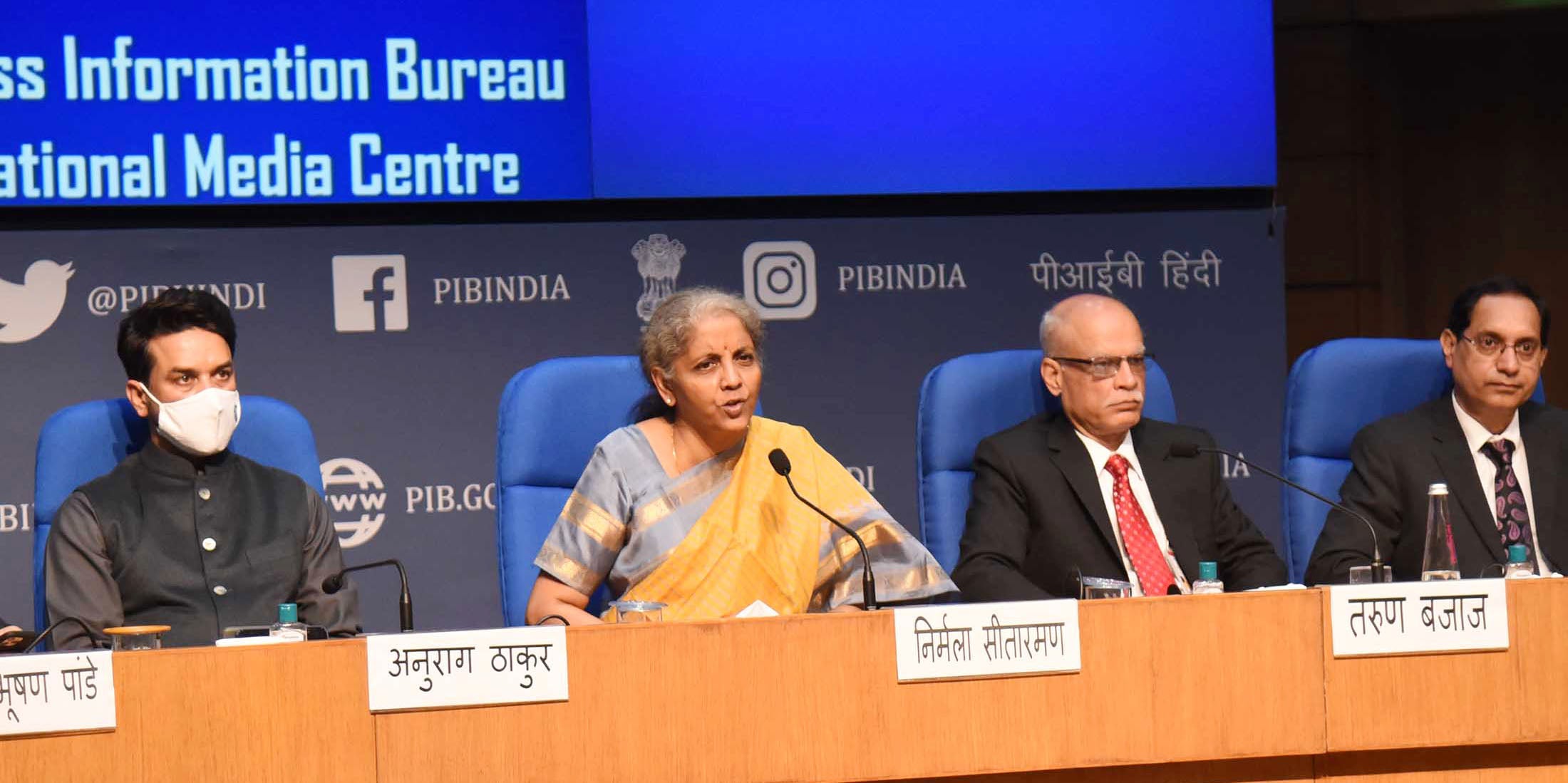
| Title: | Indian Budget 2021-22: Focus on Reform and Divestment |
| Author/s: | Vinod Rai |
| Abstract: | The Indian budget for fiscal year 2021-22 has done a remarkable balancing act in providing funds for critical sectors and focusing on long term reforms which had been pending for several years now. Spending on infrastructure is designed to create a multiplier effect. The creation of appropriate institutional support to cater to the reform agenda and divesting public enterprises has received priority. Adequate allocation for health and capital expenditure in defence has been ensured. Possibly, most heartening, is the attempt to inject transparency in the budget exercise by appropriately displaying subsidy figures. The success, as always, will be in the implementation of these announcements. |
| Date: | 4 February 2021 |
| Read More |
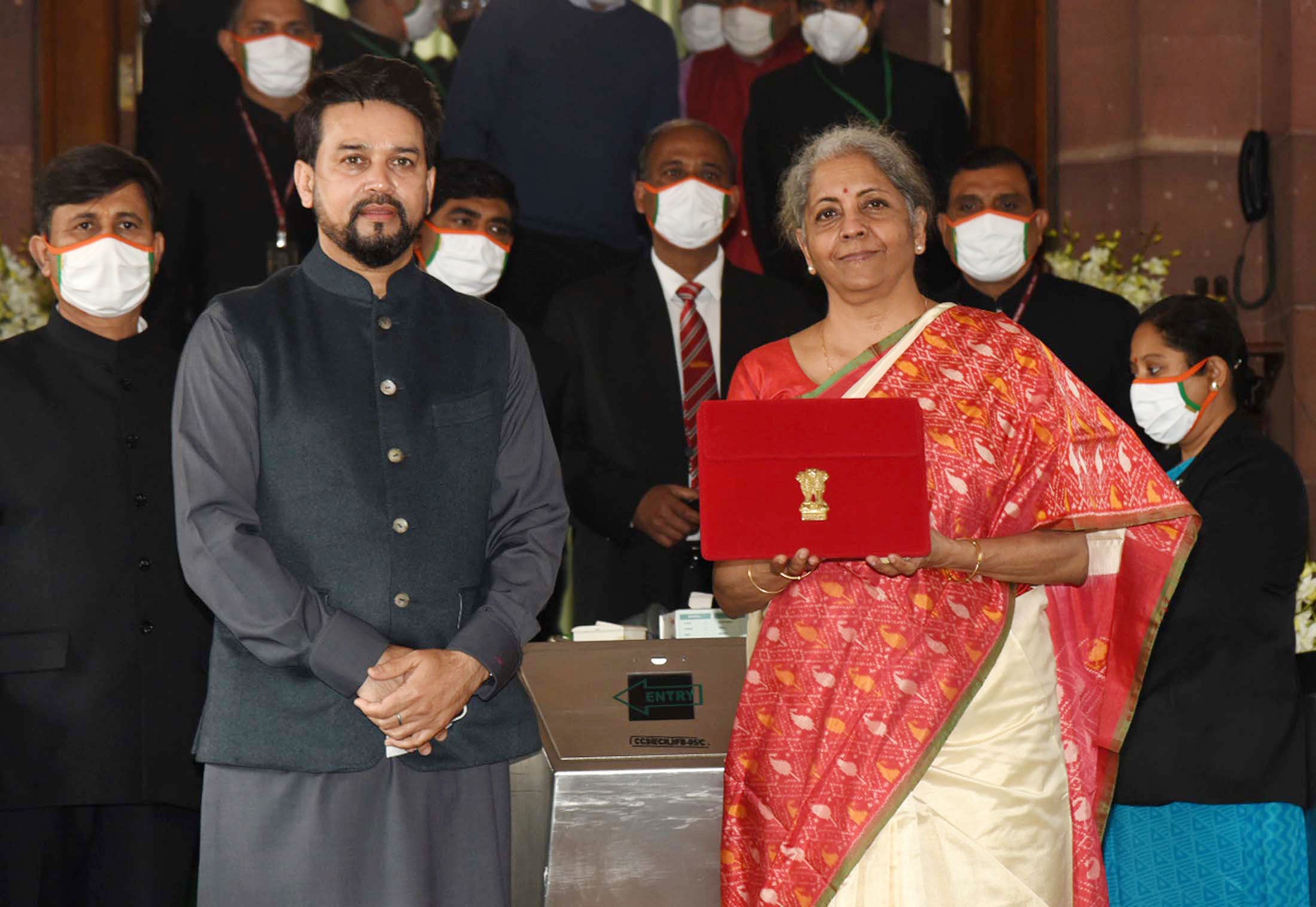
| Title: | India Budget 2021-22: Reforms Generate Opposition |
| Author/s: | Amitendu Palit |
| Abstract: | India’s latest budget on 1 February 2021 continued the emphasis on structural reforms. Major reforms like enhancing foreign investment limits in insurance and a strategic roadmap to privatise government enterprises were announced. While the Narendra Modi government feels the reforms are necessary for ‘Atmanirbhar Bharat’ (Self-reliant India), it needs to convince the other major stakeholders. |
| Date: | 3 February 2021 |
| Read More |
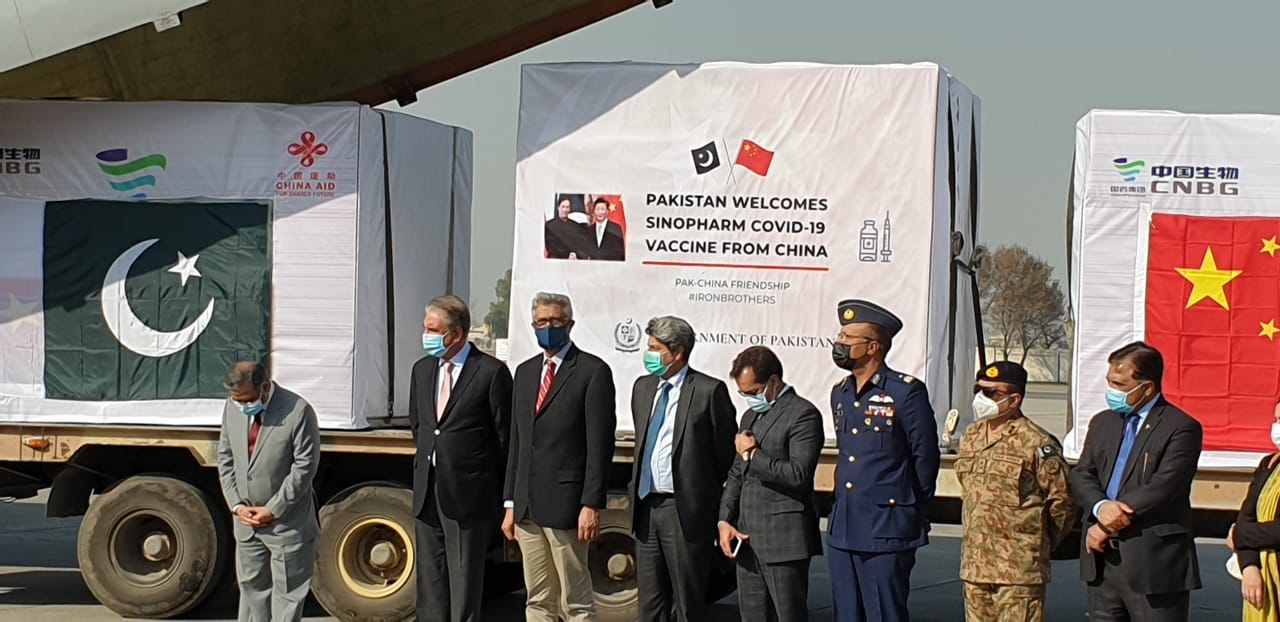
| Title: | Pakistan’s COVID-19 Vaccination Challenges: Supplies, Trust, Transparency and Co-operation |
| Author/s: | Imran Ahmed |
| Abstract: | As the world reels from the COVID-19 pandemic, the promise of relief from vaccines has ushered both hope and concern over new sets of challenges. In Pakistan, the need for vaccines has acquired a critical urgency. By the end of January 2021, the country’s cumulative total of confirmed COVID-19 cases reached 543,214 with 11,623 deaths. To date, the country’s health authorities have approved three vaccines for emergency use and some half million doses are set to arrive from China this month. However, a low-income country with the fifth largest population in the world, fundamental questions remain concerning how the vaccine shortage will be met. There are also concerns that politics and trust are issues which will impede a successful vaccination rollout |
| Date: | 2 February 2021 |
| Read More |

| Title: | India Extends ‘Vaccine Maitri’ to its Neighbours |
| Author/s: | Vinod Rai |
| Abstract: | New Delhi has leveraged its core strength of being the world’s largest vaccine producer by supplying about six million doses of Covishield, the COVID-19 vaccine produced by Serum Institute of India in partnership with Oxford-AstraZenica, to nine countries in different parts of the world. In launching its own vaccine diplomacy programme, ‘Vaccine Maitri’ or ‘Vaccine Friendship’, the Indian government has committed to supply 10 million doses to countries around the globe. Separately, it has also proposed to supply 200 million doses to the Covax initiative started by the United Nations Security Council. This is in parallel with its own target of vaccinating 300 million persons by July 2021. The initiative has earned the Indian government rare praise. |
| Date: | 1 February 2021 |
| Read More |
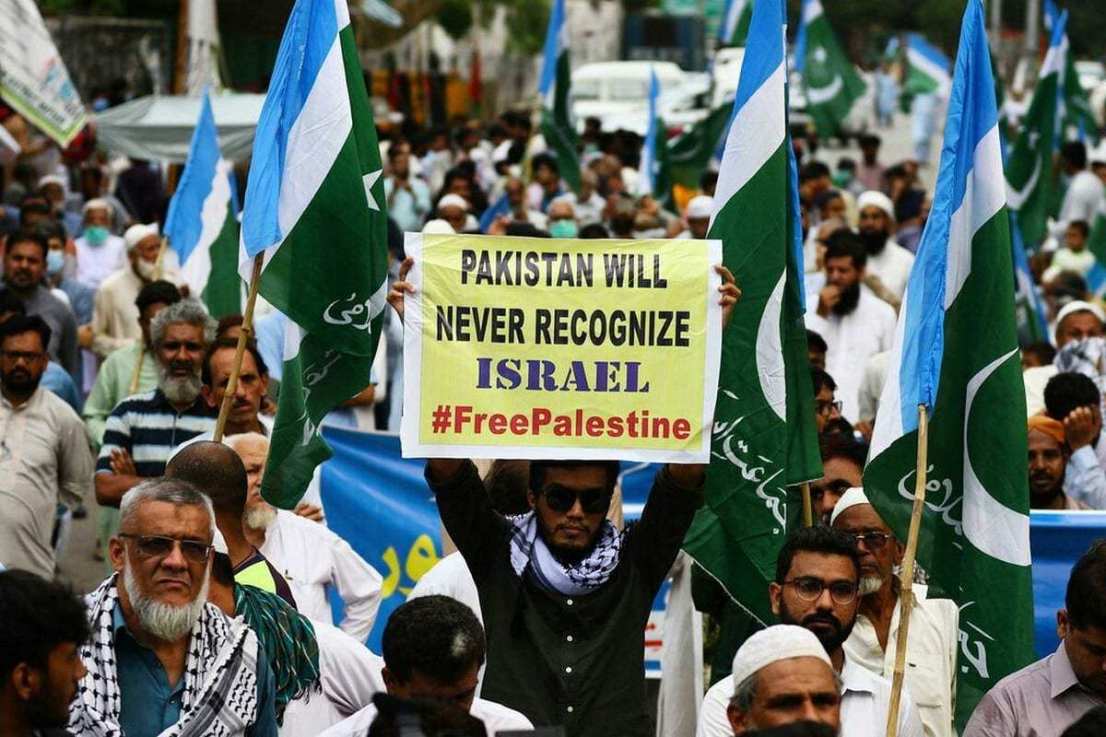
| Title: | Should Pakistan recognise Israel? |
| Author/s: | Touqir Hussain |
| Abstract: | Suddenly, the suggestions that Pakistan should recognise Israel have begun to capture the headlines in Pakistan and the Middle East. Israel’s diplomatic ingress in the Arab world and the change of administration in Washington may have spurred this debate which has largely been based on faulty premises. The paper seeks to correct these assumptions and argues against recognition. |
| Date: | 29 January 2021 |
| Read More |
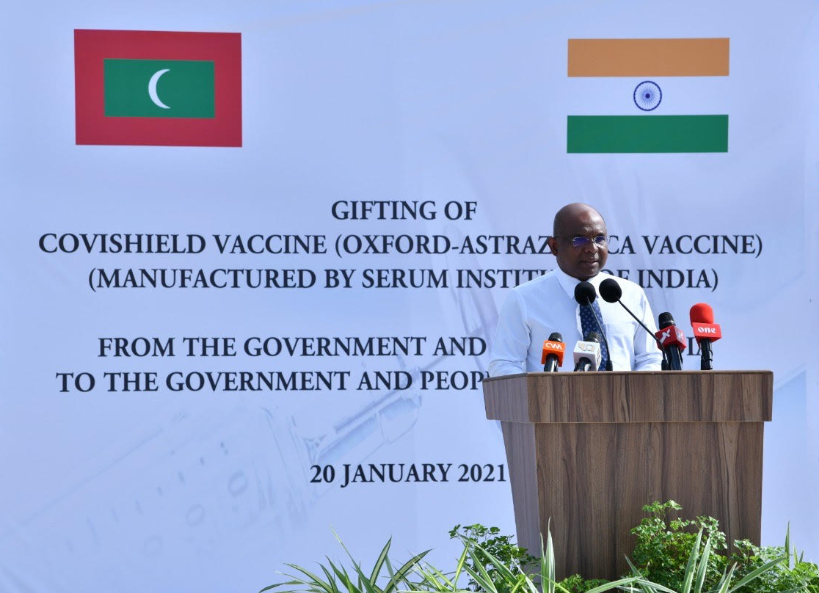
| Title: | India’s Vaccine Diplomacy |
| Author/s: | Ramita Iyer, Karthik Nachiappan |
| Abstract: | Amid domestic criticism, the Indian government rolled out its COVID-19 vaccination programme in January 2021 with two locally-produced vaccines. To improve its regional standing, New Delhi has also begun exporting these vaccines to other countries. However, only time will tell if India’s vaccine diplomacy will redound to its benefit. |
| Date: | 28 January 2021 |
| Read More |
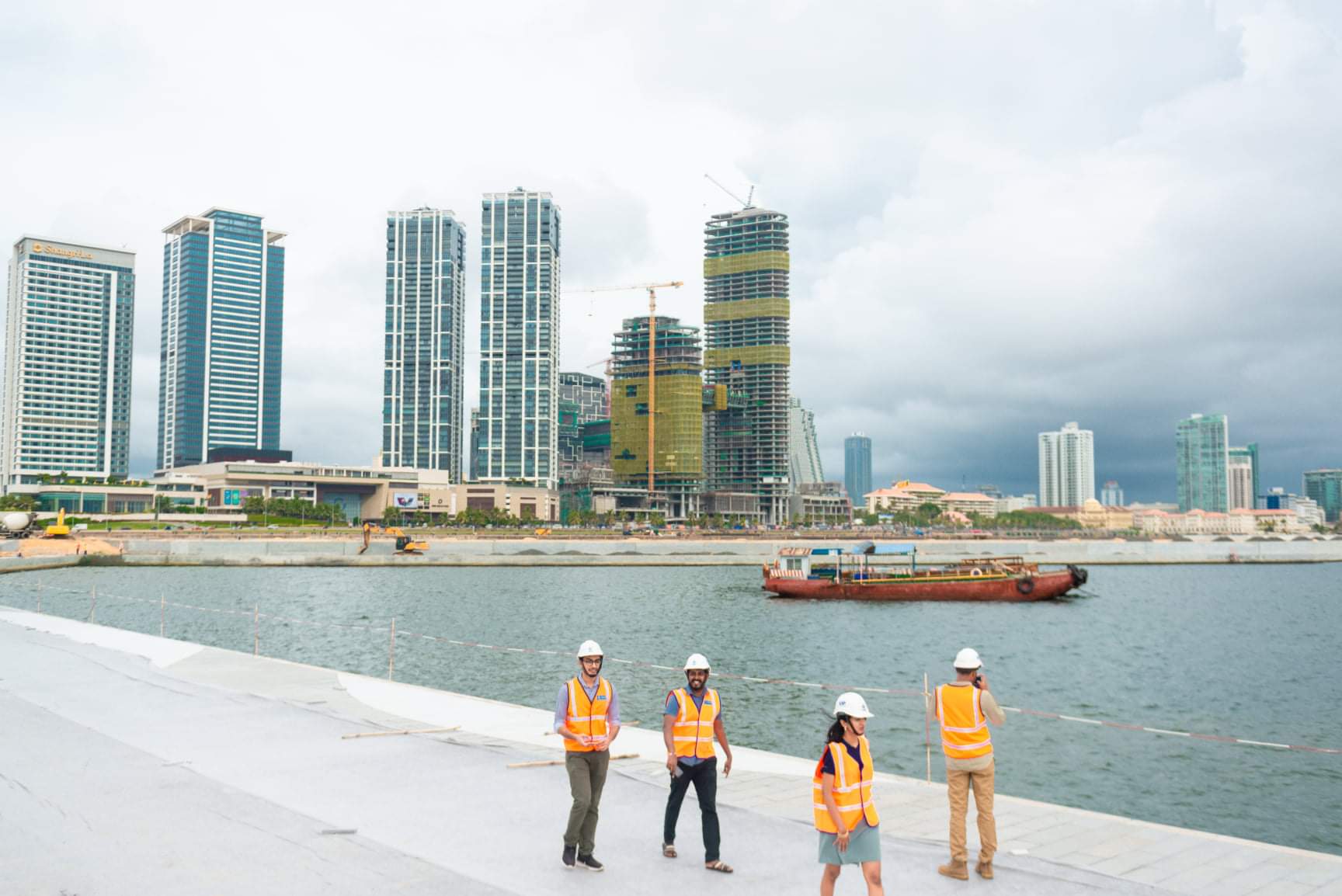
| Title: | Post COVID-19: Positioning Sri Lanka as South Asia’s Dubai |
| Author/s: | Ganeshan Wignaraja |
| Abstract: | Using the policy tool of setting up a dedicated special economic zone (SEZ) for services, the Colombo Port City (CPC) in Sri Lanka aspires to become an international financial centre after the pandemic. However, global uncertainties in the COVID-19 economic era and decisionmaking lags by previous governments suggest that it will take time to realise this ambition. Implementing a competitive SEZ framework and conducive national policies will markedly improve the CPC’s chances of success and help position Sri Lanka as South Asia’s Dubai. |
| Date: | 25 January 2021 |
| Read More |
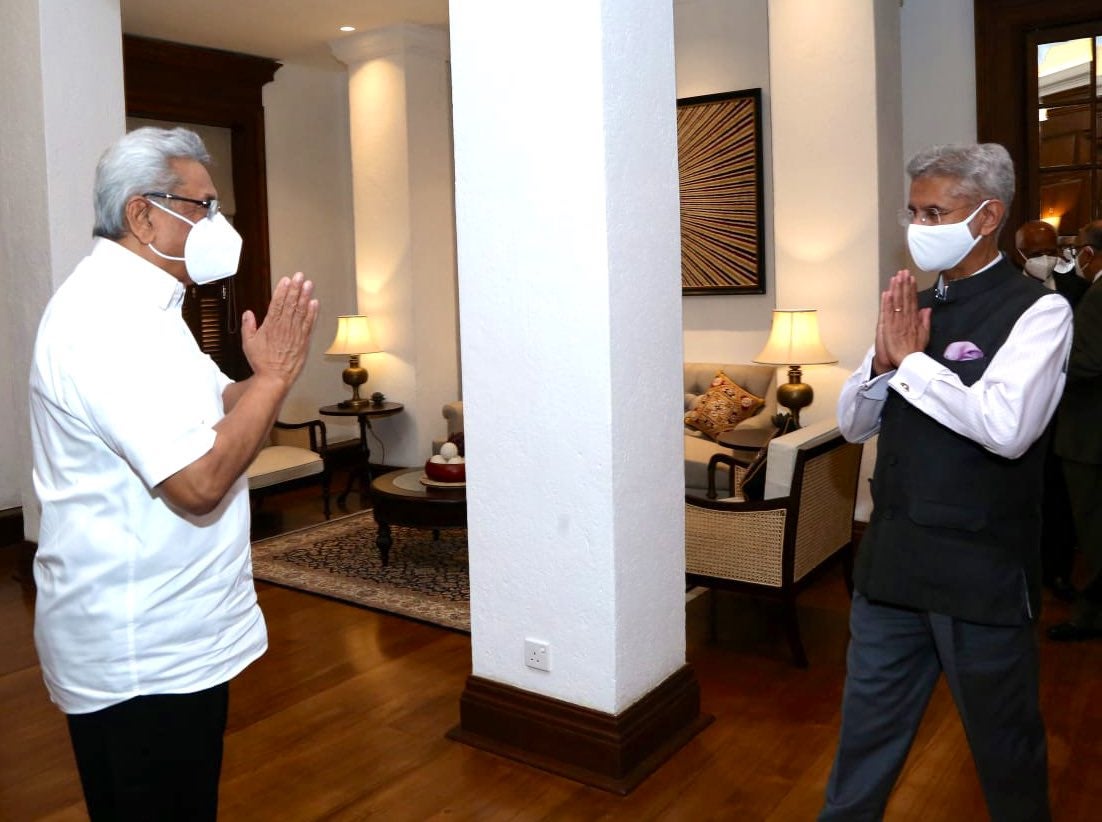
| Title: | Sri Lanka in 2021: Foreign Policy Prognosis |
| Author/s: | Chulanee Attanayake |
| Abstract: | Sri Lanka began its interaction with the world in 2021 by welcoming India’s Foreign Minister S Jaishankar from 5 to 7 January 2021. Around that time, Tamil diaspora organisations based in the United Kingdom demanded that the British government sponsor a resolution against Sri Lanka at the upcoming United Nations Human Rights Commission session. These two developments are indicative of the challenges that lay ahead for Colombo’s foreign relations in 2021. |
| Date: | 18 January 2021 |
| Read More |
Load more


